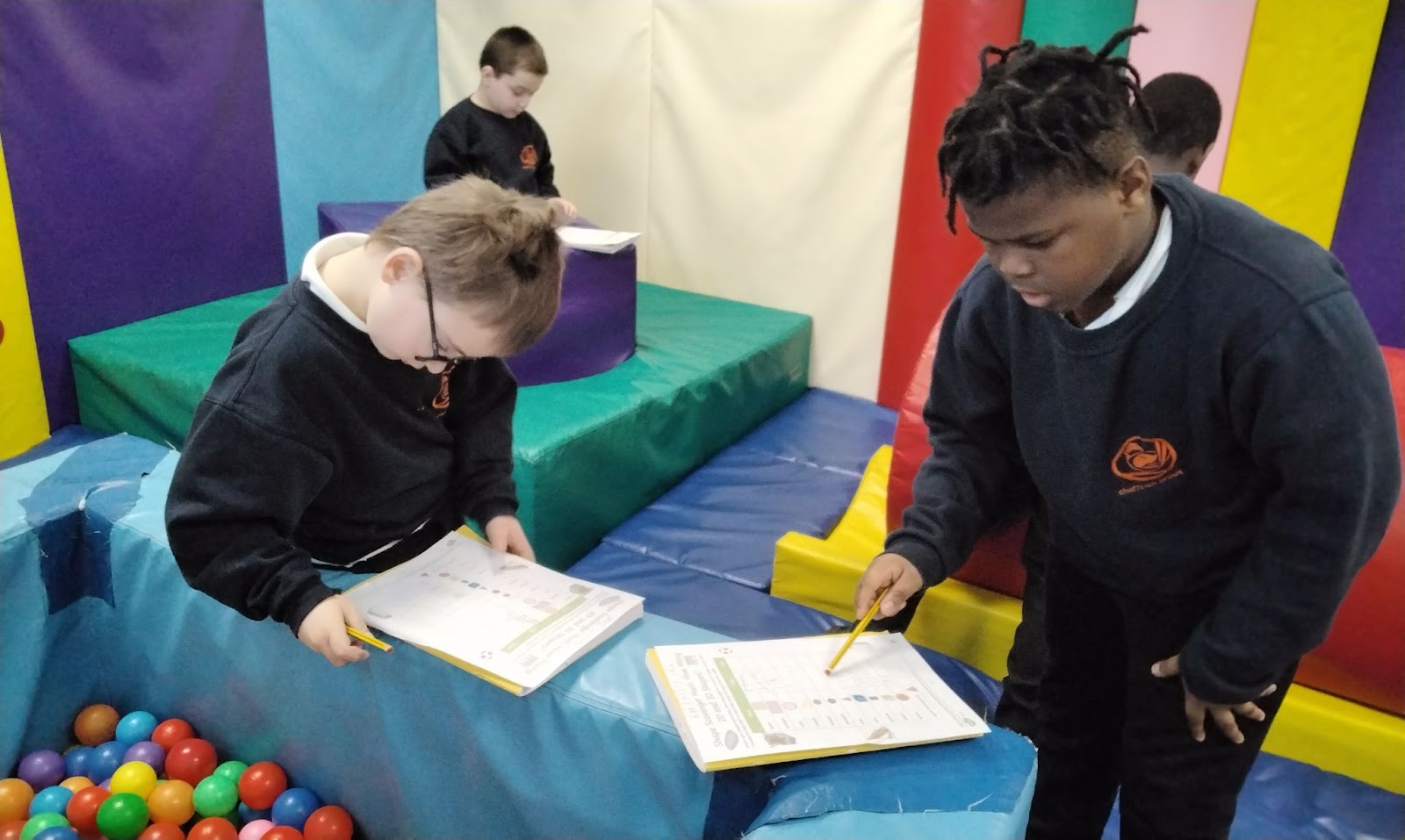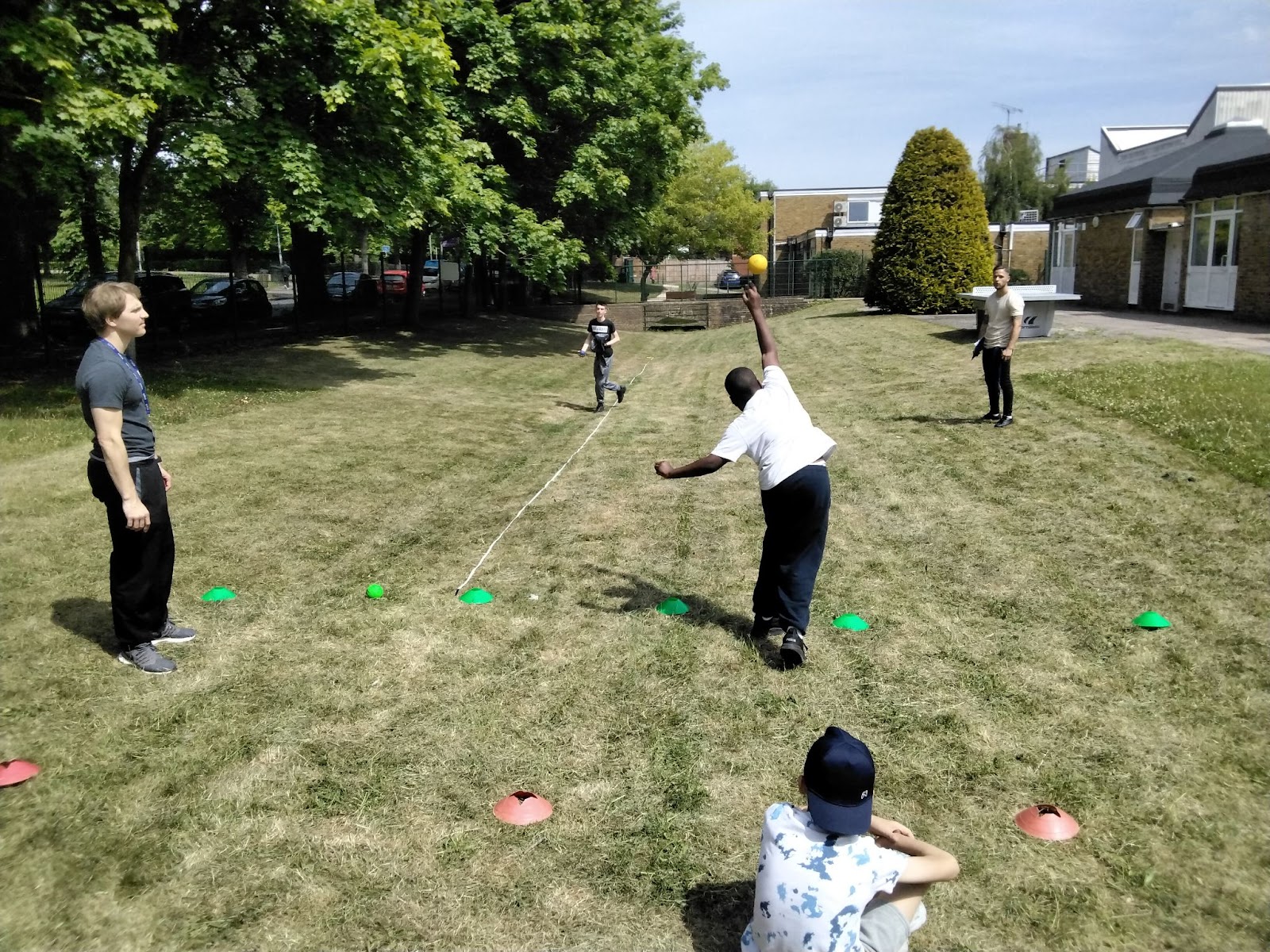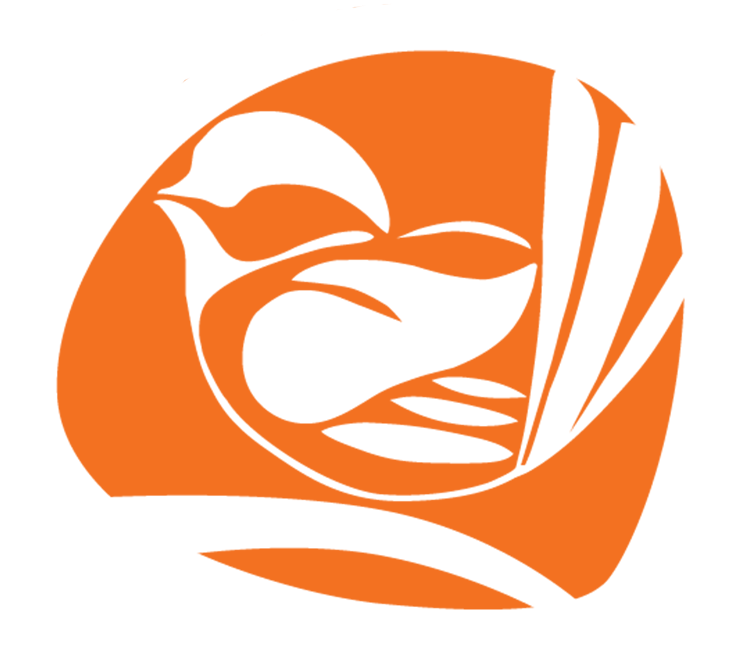
Our Curriculum
Chaffinch Brook recognises the importance of a broad and balanced curriculum always working towards the pupil’s individual goals and school targets. We have developed our curriculum to meet the individual needs of our pupils. We use the word “curriculum” to describe all of the learning opportunities that are experienced by our pupils.
Our curriculum aims to:
- Support pupils to develop self-belief to become happy and confident individuals with positive attitudes towards learning.
- Enable our pupils to become independent and cooperative learners who feel safe and included.
- Develop pupils’ social skills to allow them to communicate their feelings, needs and wishes.
- Support our pupils to make positive choices, manage their own behaviour and enjoy life.
- Prepare our pupils for a meaningful and purposeful transition to life as an adult.
Our curriculum is Autism specific and based on the following principles:
- Nurture: compassion, respect and dignity are at the core of our practise and ensure children develop trusting relationships so that they feel safe and ready to learn.
- Differentiation: learning activities are designed to match each individual’s needs, celebrate their strengths and support their areas of development.
- Social skills: The curriculum focuses on developing the key skills of communication, cognition, independence and self-care, all transferable skills that equip children and young people for life beyond the school. These are both embedded within our everyday learning activities and taught explicitly for all children.
- Enjoyment: children can relate to their learning and activities are taught in a multisensory way which engages them and fosters a love for learning.
- Structure: all learning experiences are structured in a way to enable our pupils to reduce their levels of anxiety, to support their understanding and to help them achieve their potential.
Please click on the subjects below to learn more about our curriculum:
Writing
Intent
At Chaffinch Brook school, we believe that writing is an important and valuable tool for all aspects of a child's education.
Through the exploration of an author’s use of language and structure, our intent is for our learners to write clearly, accurately and coherently, adapting their language and style in and for a range of contexts. Our aim is for our students to develop an awareness of context, purpose and audience, with an increasingly wide knowledge of grammar, spellings and vocabulary.
At Chaffinch Brook School, we strive to nurture a love of English and provide our students with the opportunity to develop their writing. Creativity and imagination are key to our English curriculum and students are given several opportunities to express their creativity.
We want to provide our students with the confidence and knowledge to engage in a variety of writing activities, including poetry, non-fiction, and fiction that are relevant to their unique experiences and environments.
Implementation
Our whole-school English curriculum is delivered through a text -based approach, using a range of diverse, engaging and relevant high-quality texts. The pupils have the opportunity to explore a range of texts including traditional texts and progressively more complex texts such as Shakespeare as well as various different genres, enabling them to develop analytical and writing skills. For teaching some texts, we follow the CLPE 'Power of Reading', which allows teachers to share high-quality, challenging texts and create differentiated activities so that all children are able to access books above their level. This enables the children to be shown a wide variety of texts and develop their writing skills, which can then be applied to their own work. Alongside this, teacher's often use shared writing and scaffolding to support the pupils' in up leveling their work. This is further encouraged by teaching the children how to use dictionaries and thesaurus' to again, up level and improve their vocabulary.
We provide high quality 1:1 individualised interventions to support writing gaps which may include; SPaG sessions, multisensory spellings, handwriting practice and programmes such as Nessy and SOS spellings practice. For the younger years, we design a series of tasks and activities to help develop their fine and gross motor skills to support their writing.
In KS4, the students are able to take part in Functional skills practice sessions to help our secondary school students to learn texts orally, study the features used in particular texts and then write and develop their own.
Impact
Our pupils will gain a rich vocabulary enabling them to communicate effectively in a wide array of contexts and apply this to their writing. They will be able to write across a range of genres and contexts and will have an enjoyment and love for language and writing. Furthermore, our students are enabled to write with accuracy and are encouraged to develop an interest in the richness of the English language.
We hope that our pupils will develop a growing maturity in expression, thought and language, enabling them to achieve good grades in their SATs tests at KS1 and KS2 and go on to take their GCSE or Functional skills exams in KS4.
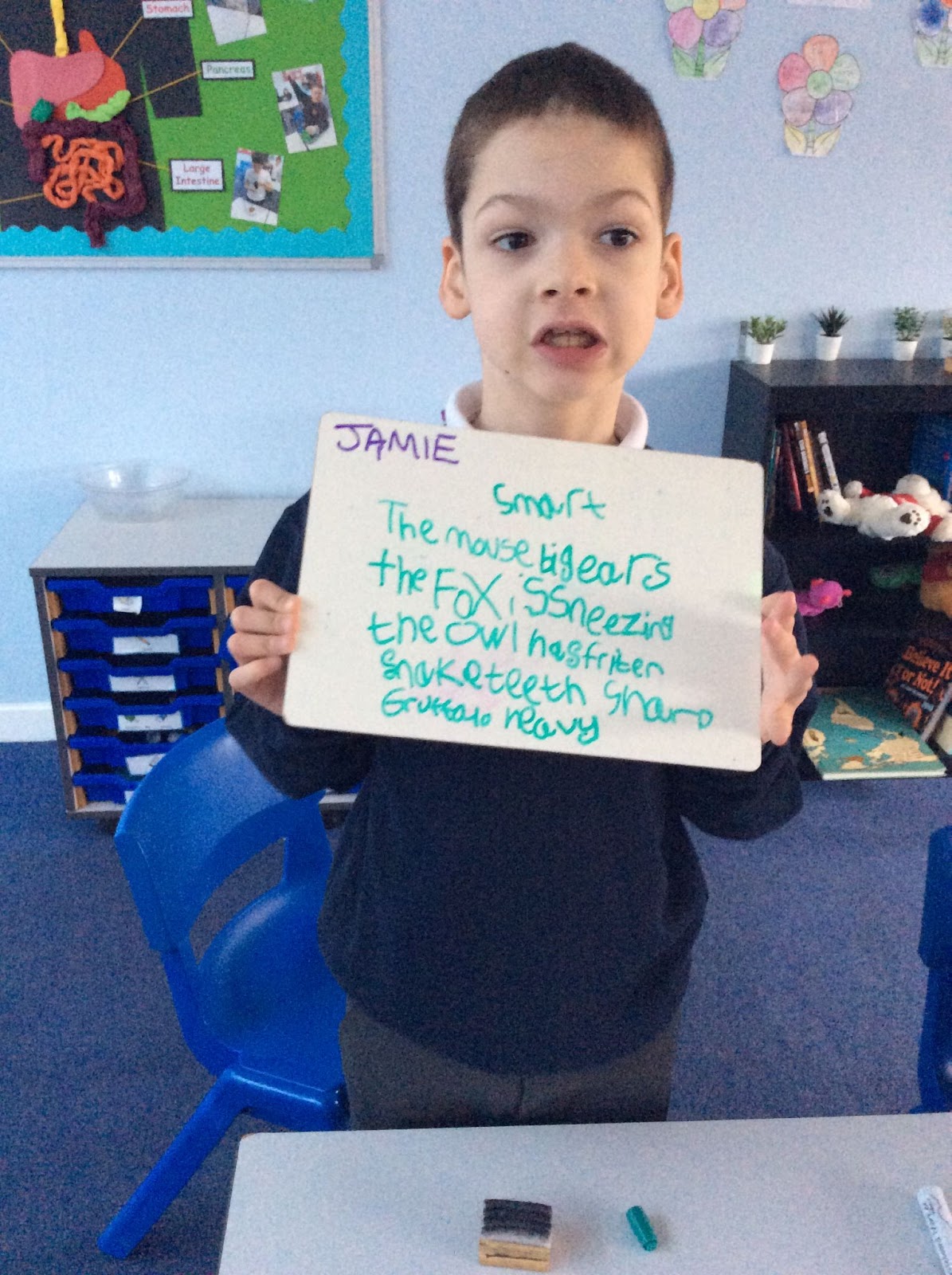
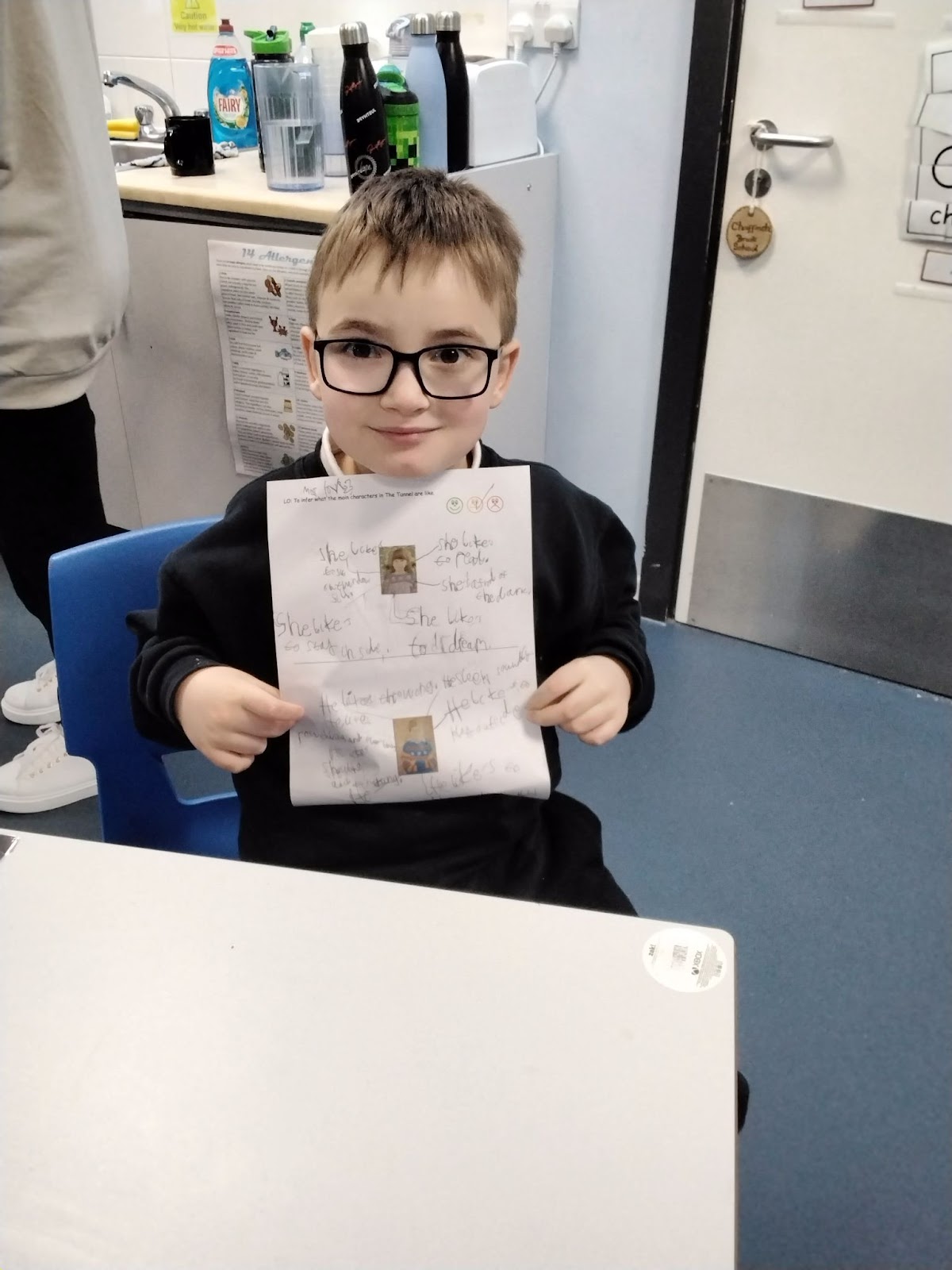
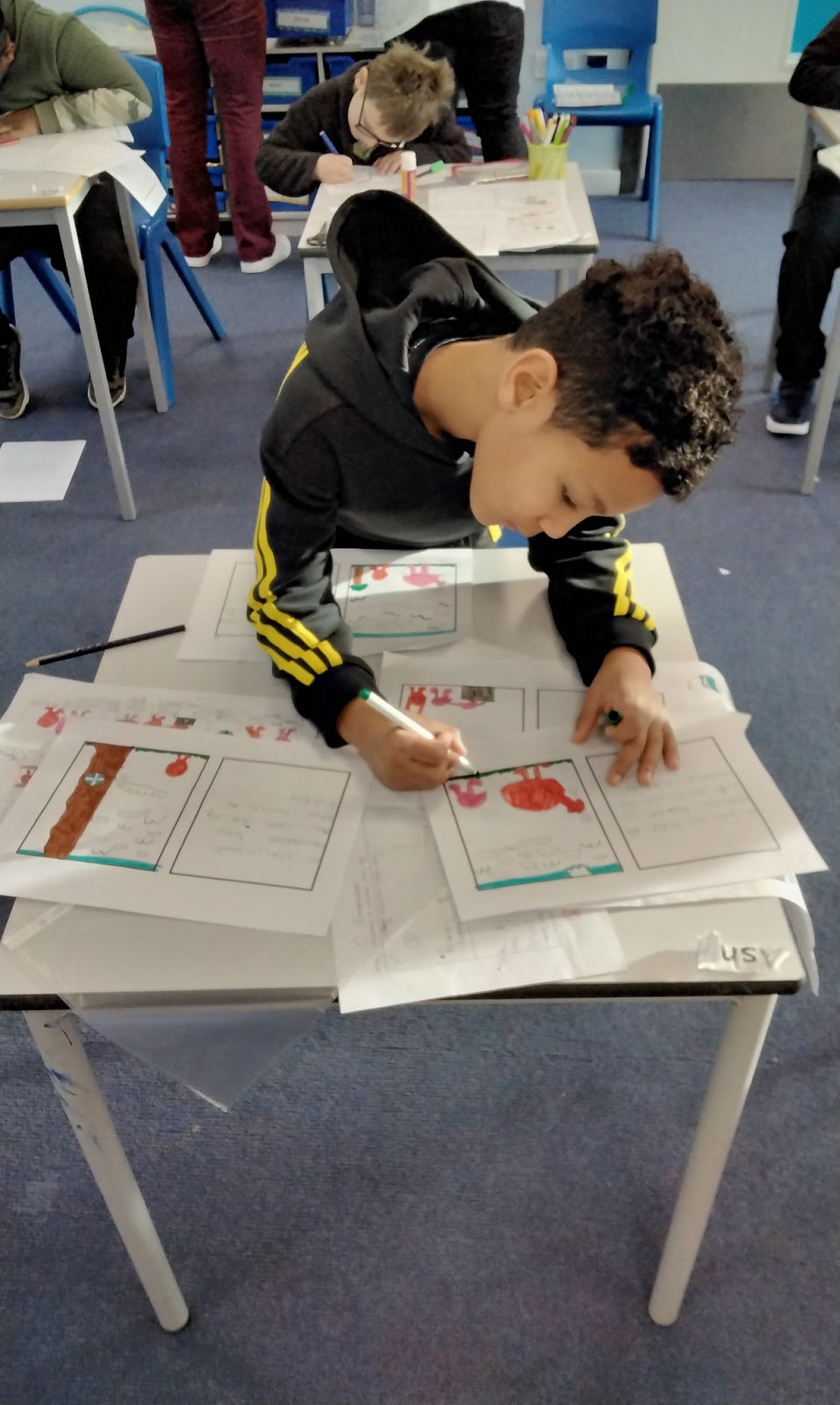
Reading
Intent
At Chaffinch Brook school, reading is the golden thread of the whole curriculum. We believe a love of reading is crucial to both personal development and life-long skills. We are passionate about reading and aim to enthuse this same passion to our students through exposing them to a range of quality books with a broad range of genres, contexts, authors, time periods, from contemporary works to classics that are considered canonical. We believe in the importance of developing children’s comprehension and word-reading skills.
It is our aim at Chaffinch Brook school, that all students, regardless of their academic ability and background can become competent and sometimes fluent readers, as the ability to read has a direct effect upon their attainment and progress in all areas of the curriculum.
We also want our children to choose to read for pleasure and communicate their own interests and passions. Our intent is to develop our pupils’ independence and confidence in English to prepare them for the rest of their lives. We welcome and value the contribution our parents give to help nurture positive reading and writing attitudes in our children.
Implementation
Pupils follow the Bug Club Phonics scheme which is taught throughout our KS1 classes and in some KS2 classes. Bug Club Phonics is the dedicated phonics strand of Bug Club, a core reading programme, that we use for independent and group reading from Reception to Year 6. The programme is a balanced approach to the teaching of reading using synthetic phonics. It simultaneously teaches the segmentation of words for spelling, and develops phonemic awareness skills. This is supported by multi-sensory phonics activities and games to ensure our pupils are motivated and engaged. Where appropriate for their individual learning style, pupils use a whole word reading approach to learning new words and sentences. For students In KS3 and KS4, who have gaps in their phonic knowledge, we follow phonics ‘catch-up’ sessions to address specific gaps. These short, sharp interventions last for about 10 minutes daily. We use highly structured decodable books matched to the reading level of the student. The phonics screening is administered for some of Year 1 students and if they are unable to complete it, we try again in Year 2.
Each pupil has multi-sensory individualised interventions to support their reading and may include programmes such as Nessy Reading, 5 Minute Box, Toe by Toe and Precision Teaching. KS3 and KS4 interventions include ‘enrichment’ sessions allocated to their timetable, tailored to support our students who have extensive gaps in their reading and writing. These individualised interventions include, SPaG sessions, comprehension skills and word reading.
All children participate in whole class reading sessions led by the class teacher. This is built around the teacher reading high-quality and challenging texts often linked to the class English unit. To supplement this, we have daily whole class reading sessions during our nurture times and the students also have an opportunity for independent reading.
We have well-equipped reading book shelves in each classroom to encourage reading for pleasure and so that the children are able to access a broad spectrum of texts in line with their varied interests.
Our primary school setting also has an onsite library. Alongside this, we use online reading libraries, ‘Bug Club' and ‘Giglets', where students have the opportunity to read and listen to a wide range of books tailored to their individual level or interest. They also include a range of comprehension activities and can be used at home. Reading books are also sent home to share with parents.
Other subject teachers have a shared view on the significance of improving reading standards. Pupils benefit from an explicit instruction on how to read new specialised vocabulary and keywords related to their subject, as well as practice through guided oral reading.
Our children are assessed yearly using the Salford reading test to determine their reading age and also a diagnostic test is carried out to determine the right reading intervention. Reading progression is then monitored formatively throughout the year and a summative assessment is made by the teacher on a termly basis using B Squared. In year 2 and year 6, some of the pupils will be entered for the SATs.
Good practice is always shared between staff and CPD is used to inform teaching and learning across the school.
We have whole school enrichment days throughout the year such as school book launches, Poetry Week and World Book Week. We also organise trips to the theatre and libraries to motivate the children and foster positive attitudes towards reading.
We have a range of opportunities to promote reading for pleasure including celebration assemblies where we reward a ‘Reader of the Week' with a certificate and book token to purchase a book of their choice.
Impact
Over a number of years, our pupils build their bank of well-known texts, supplemented by picture books, novels, poems and non-fiction books. Gradually, this living library of language begins to equip the children with the words they need to express themselves. Our children are able to listen to, respect and tolerate others' opinions and views, as well as having the confidence and ability to share their own.
Our children make good progress in reading from their individual starting points. They gain a rich vocabulary that they are able to apply to their spoken and written English. By the time they leave Chaffinch Brook, most children should be able to read with confidence for meaning and regularly enjoy reading for pleasure. Furthermore, our pupils are able to progress in other subjects across the curriculum due to their ability to read. The reading skills they develop allow them to succeed across the Key Stages and in their daily lives.
Many of our pupils’ go on to complete KS1 and KS2 SATS and in KS4 Functional Skills exams or GCSE accreditations. Through our curriculum, they are able to progress and be ready for the next phase of their education or life in a successful and positive way.
Useful links:
Bug Club - Ask your class teacher for login details.
Giglets - Ask your class teacher for login details.
Reader of the week
Every week we have a 'Reader of the Week' who has gone above and beyond in their reading either at school or at home. As a prize, they are able to order a book of their choice! Here are some of our winners with their prizes:
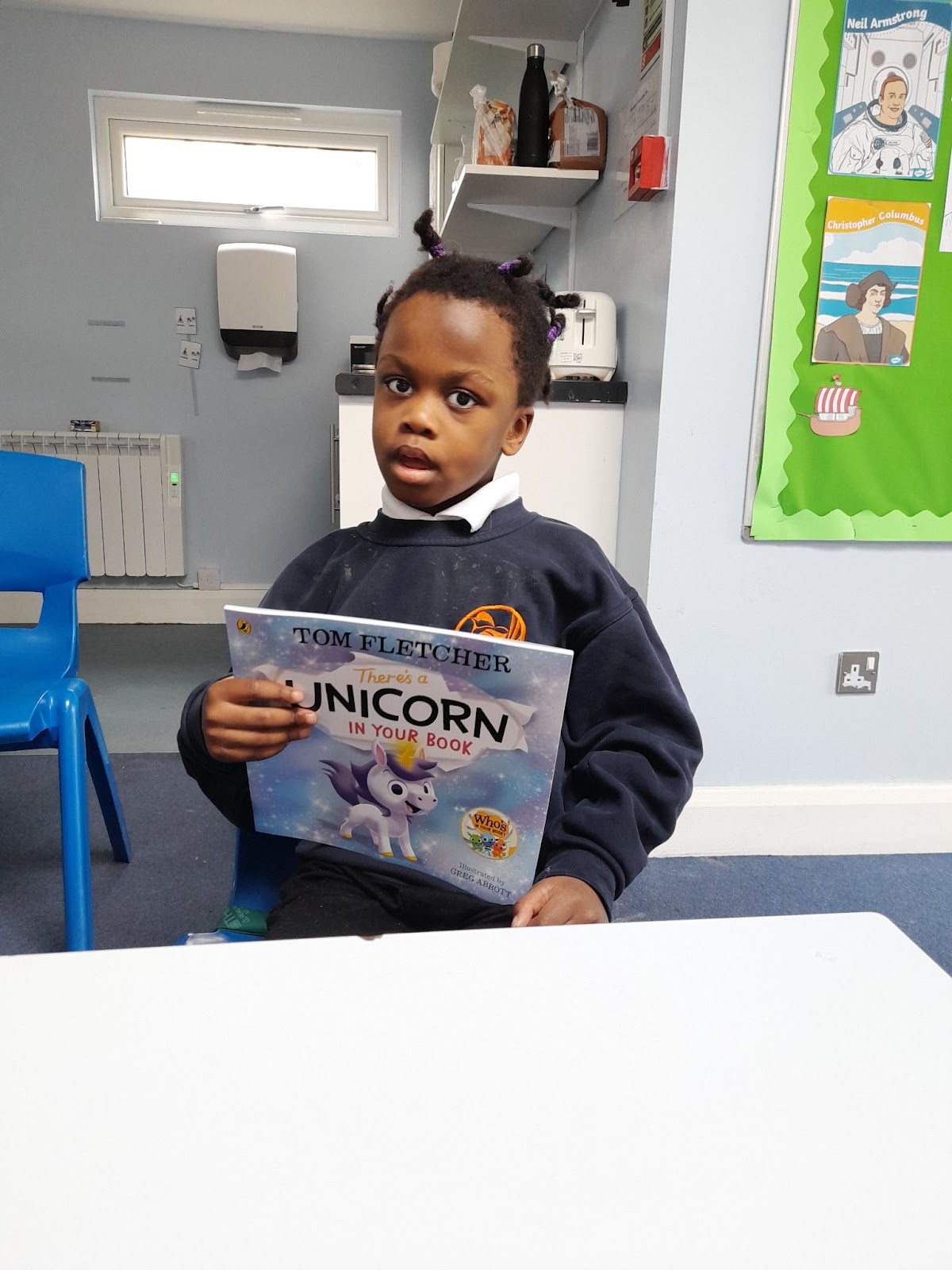
Tawana - for reading the 'I can' book with lots of confidence.
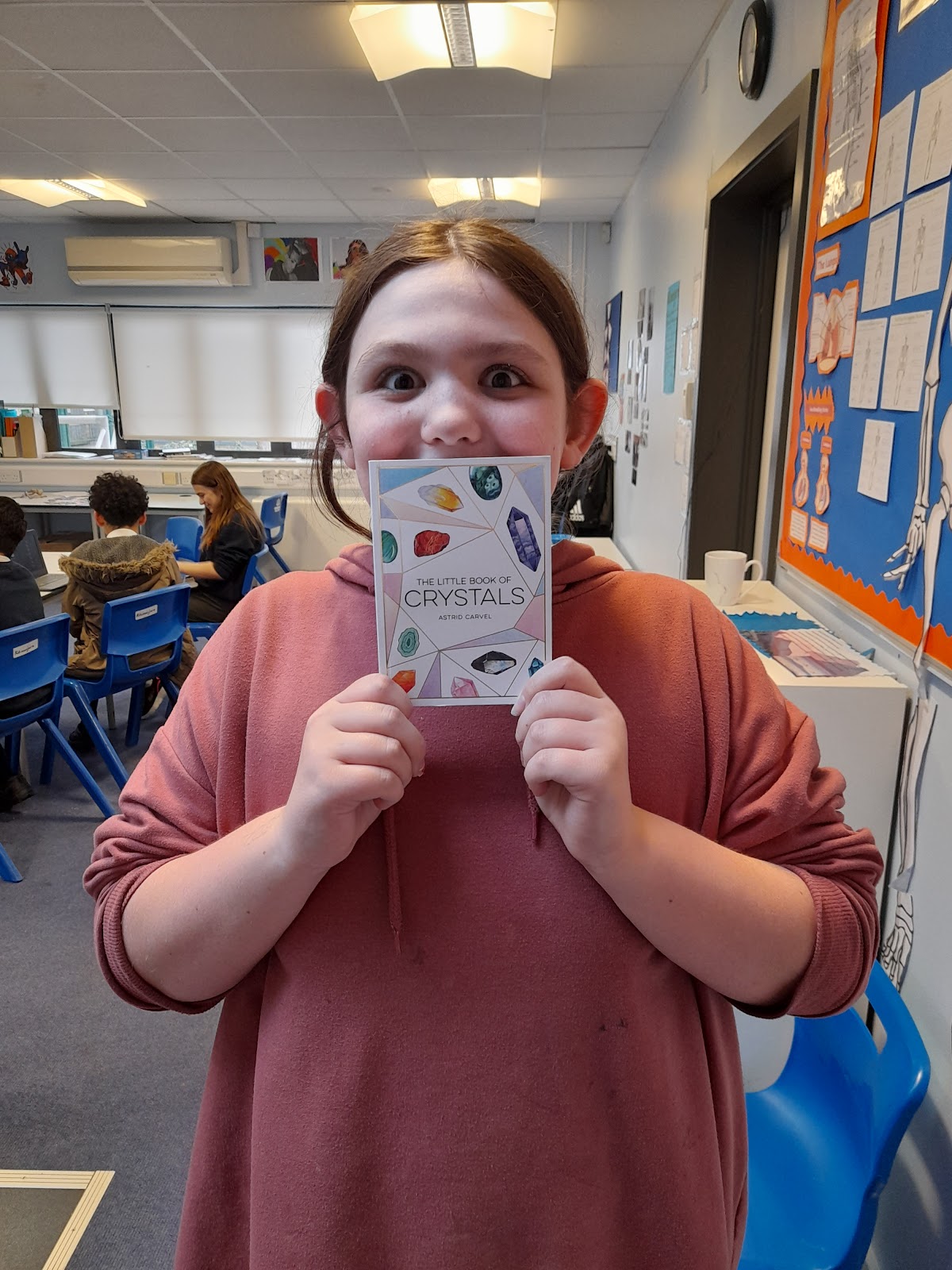
Lacey - for her enthusiasm and effort when reading Hamlet.
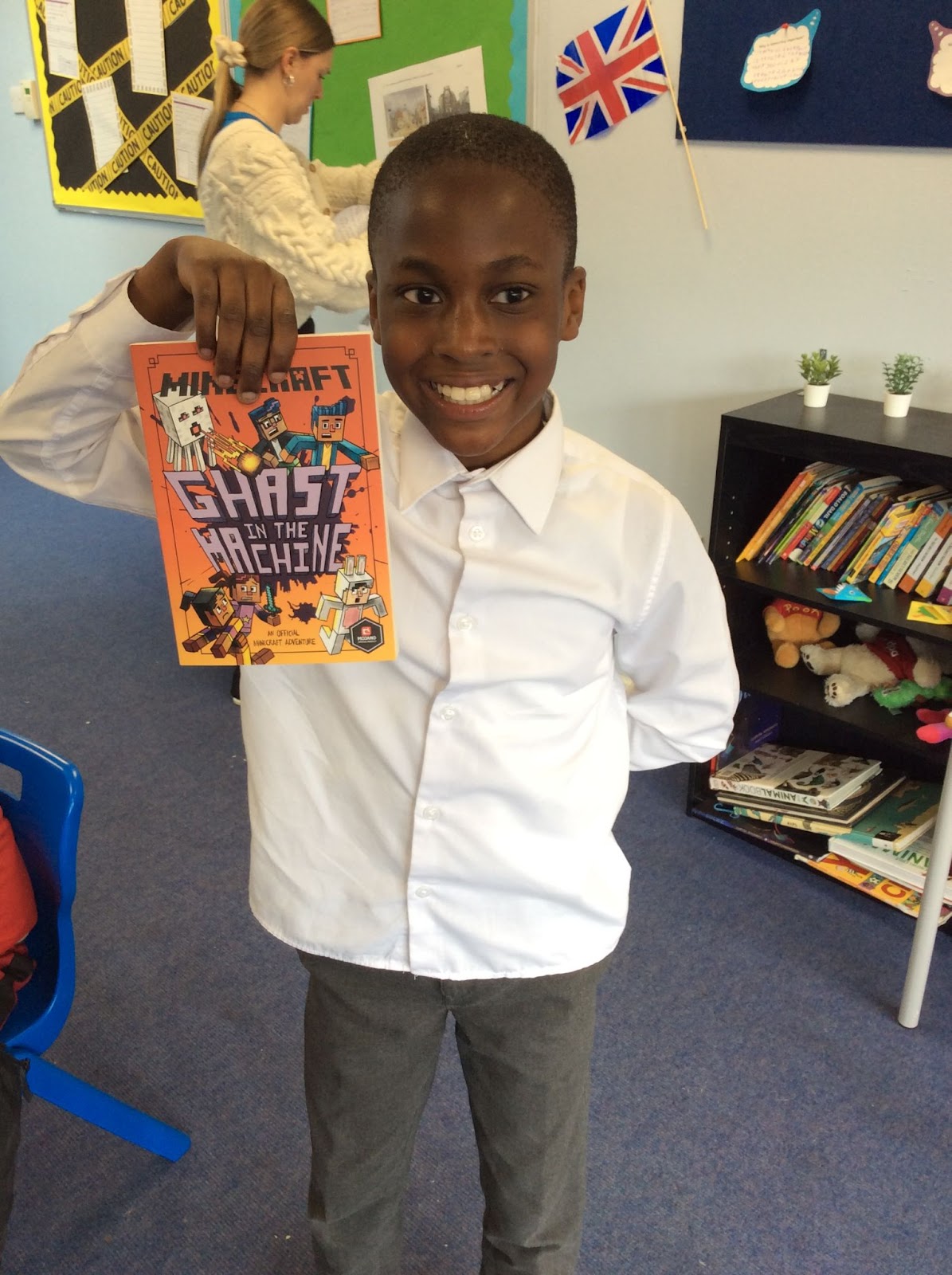
Kristian - for choosing to read more at home and at school.
Mathematics
Intent
At Chaffinch Brook, we recognise that maths is part of everyday and a key skill to support our pupils’ throughout their lives. Our intent is to empower our cohort with a pupil-centred, cohesive, multisensory and accessible curriculum, leading to a mathematics qualification which will support the future goals. We want our pupils to develop an enthusiastic and positive attitude towards mathematics that will stay with them.
We aim to develop children’s ability to share, discuss and explain their thinking using appropriate mathematical vocabulary.
We hope our individual guidance and attention coupled with a differentiated learning journey from Year 1 to 11, pupils will become reflective learners which enables them to have advanced life skills and achieve their educational goals.
Implementation
Our policies, resources and schemes support our vision and clearly outline where maths can be applied across different curriculum areas. Key knowledge and skills are also revisited regularly allowing repetition to embed learning.
In KS1 and KS2 we follow Abacus, Active Learn scheme for our daily teaching of mathematics. All areas of maths are covered within this scheme including calculation, data handling, shape and space, geometry, measurement and mental maths. Children are regularly taught problem-solving skills and given the opportunities to apply these to real-life contexts.
We use practical activities, hands on resources, visual examples, mathematical games and problem-solving activities to develop fluency of mathematical and reasoning skills. Whole School maths challenges take place each term and include real life problems which motivate, enthuse and celebrate the using and applying of many mathematical skills.
This is supported by timetabled interventions such as ‘TT Rockstars’ and Precision Teach to fill any gaps in our pupils’ learning.
In Key Stage 3 we continue to follow Abacus, Active Learn scheme which is supplemented with multisensory, practical activities to reinforce learning and continue from Key Stage 2 learning.
The areas of maths covered within this scheme include number, geometry, algebra, statistics, ratio and functional maths. Children are regularly taught problem-solving skills and given the opportunities to apply these to real-life contexts. In addition to daily math lessons, we deliver individual intervention tasks involving number, sequences, place value, times tables, mental maths, using four operations (+, -, /, x) to fill in any learning gaps our students may have.
In Key stage 4 the Maths qualification follows the same pathway as English and based on our students particular needs they will either follow the GCSE, Functional Skills or Entry Level pathway which are detailed below:
GCSE Maths - Edexcel
The GCSE course is built to enable students to develop fluent knowledge, skills and understanding of mathematical methods and concepts. Acquire, select and apply mathematical techniques to solve problems. Reason mathematically, make deductions and inferences, and draw conclusions as well as comprehend, interpret and communicate mathematical information in a variety of forms appropriate to the information and context.
Functional Skills Maths Level 1 / 2 – City and Guilds
The Maths Functional Skills qualifications are designed to develop the learner’s ability to represent situations using mathematics, analyse calculations, solve problems and interpret mathematics to explain situations. They’re assessed in a single, external test.
Entry Level Maths - City and Guilds
The Maths Entry Level Certificate provides basic and relevant mathematical skills and is suitable for students of all ages. It can build confidence in maths, especially with lower ability students. The assessment is on demand so students can complete assignments when they’re ready, helping to keep them motivated.
Our feedback policy, assessment systems and use of individualised targets supports the children to progress and become confident and fluent mathematicians.
Impact
We aim for all our pupils to achieve at least an entry level qualification and some will receive a GCSE in order to support them in their future goals.
All our pupils will meet their individual IEP targets and aim to meet their EHCP targets. They will have a good understanding of their strengths and targets for development in maths and what they need to do to improve.
Our students will be able to understand the relevance and importance of what they are learning in relation to real world concepts. The pupils will leave Chaffinch Brook with a positive approach to mathematics and an understanding of how maths skills can be used in their everyday lives.
Useful links:
"My favourite subject is Maths because I am more confident with numbers."
- Year 6 Pupil
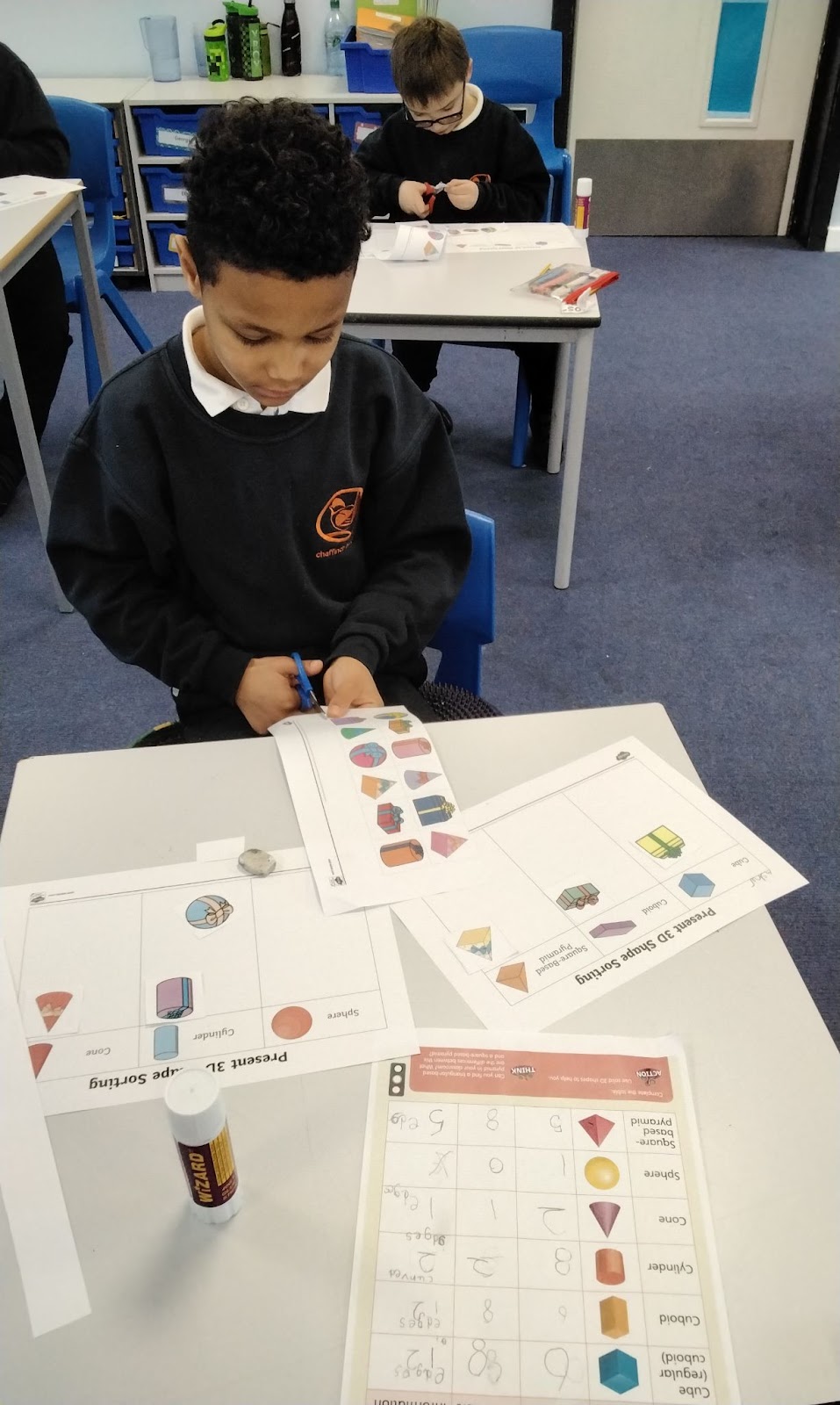
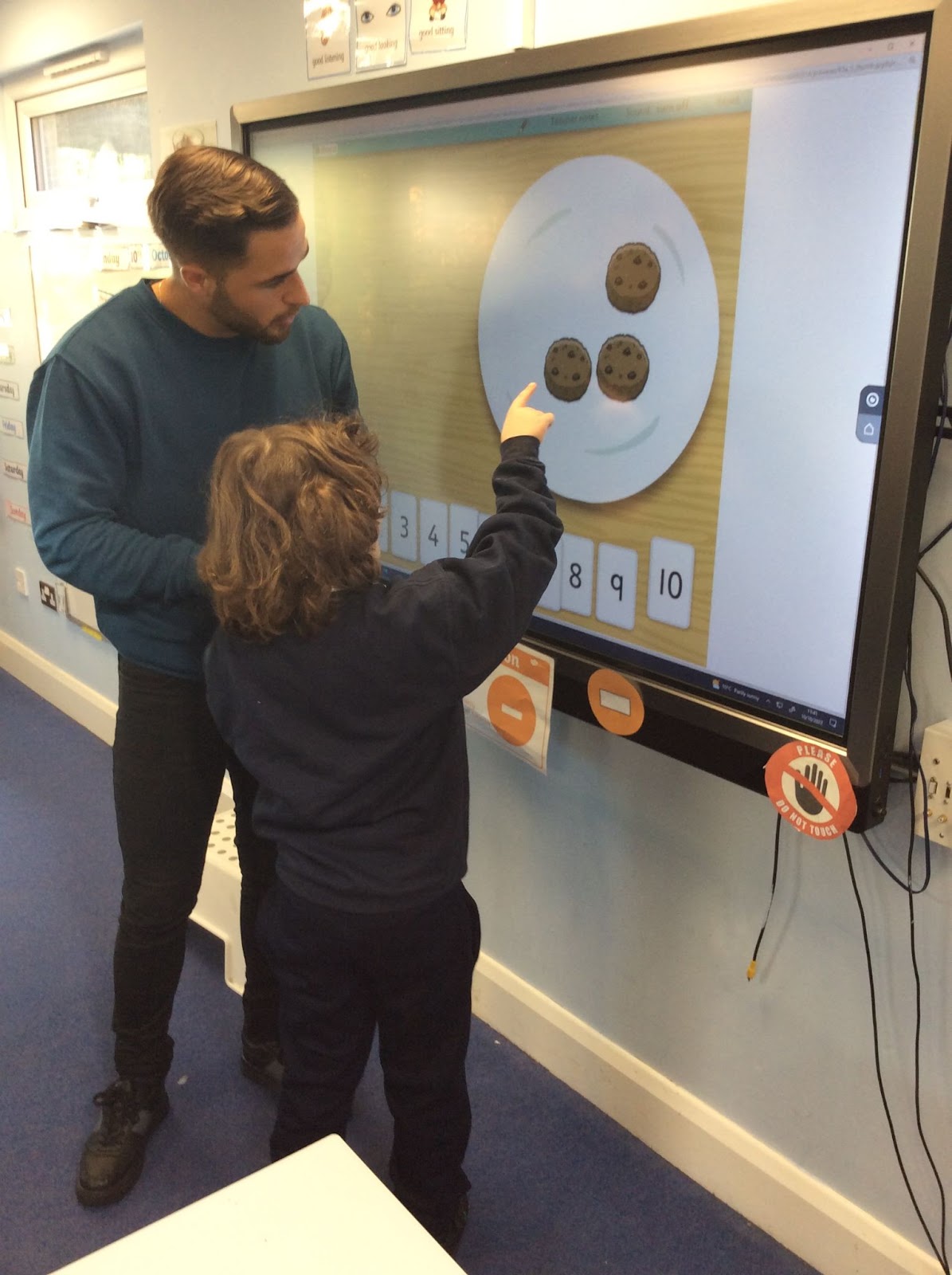
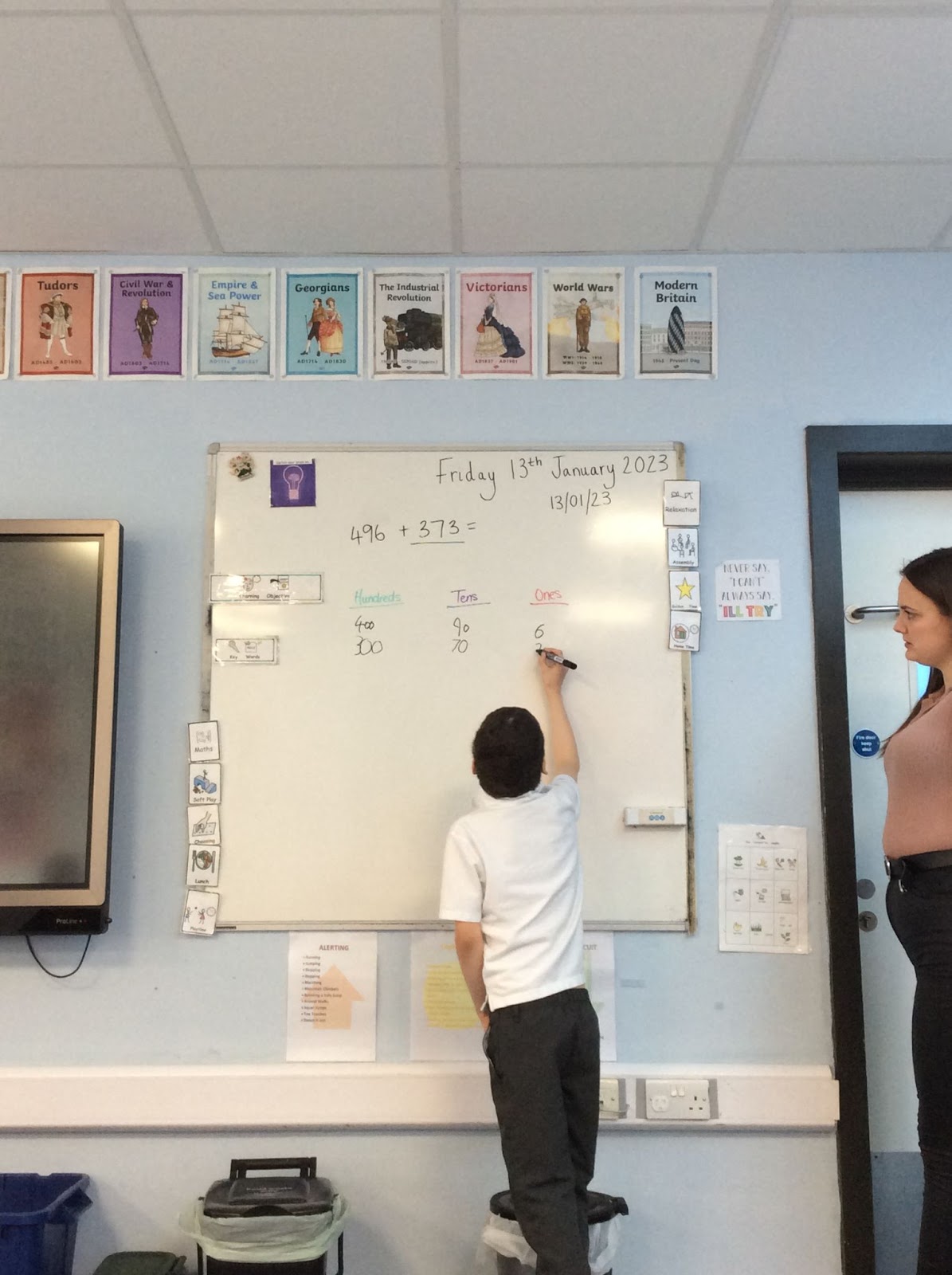
Science
Intent
At Chaffinch Brook, our science curriculum draws on the natural curiosity of our children by sparking their imaginations and nurturing inspired and confident young scientists. Our curriculum is designed to accommodate individual learning needs, offering a range of differentiated activities, resources, and teaching strategies. We prioritise sensory-friendly experiences, visual aids and hands-on experiments to enhance engagement and understanding. We intend for our learners to build on their scientific knowledge as they progress through the key stages and ultimately become as independent as possible with their scientific enquiry skills. We believe in making science relevant and meaningful to our students' lives.
Implementation
Our science curriculum is designed to accommodate individual learning needs, offering a range of differentiated activities, resources, and teaching strategies. The learning environment and teaching strategies help to keep all children engaged and inspire them to want to investigate the world around them. We incorporate sensory-friendly activities and environments to support students' sensory needs. We provide opportunities for students to engage with various textures, sounds, and visuals in a controlled and comfortable manner, ensuring that they can fully participate and learn. Learning activities focus on developing our children to enquire, observe, plan investigations, select appropriate equipment and use it safely, measure, record and analyse results and communicate findings.
Children are supported to develop their scientific enquiry skills in a safe and structured way. This is achieved through a variety of teaching strategies such as demonstrations, videos, experimental work and structured practical activities with adult support and modelling in the earlier key stages.
Throughout KS1 and KS2, Science Bug is used to cover a wide range of topics across all the three Science disciplines. Pupils progress on to KS3 with this science knowledge and is further embedded with the use of Kerboodle Science teaching and learning resource that covers all aspects of the foundation Science knowledge and skills in preparation for the GCSE Science qualifications.
Towards the end of Key 3, pupils in year 9 prepare and develop revision habits using past paper questions to apply content learnt that will be needed for public examination. The knowledge gained in KS3 is further built upon in KS4, as students continue to develop skills of investigation and reporting, gaining more understanding and confidence to address increasingly abstract and complex scientific issues and ideas. All pupils will work within the framework of the AQA Entry Level Certificate in order to access learning and accreditation at a GCSE level. Access to this learning is supported through the implementation of individualised intervention programmes, which are tailored to meet the needs of each pupil.
In year 10, pupils are given the opportunity to study AQA GCSE Single Science Biology and in year 11 pupils are given the opportunity to study AQA GCSE Single Science Physics for accreditation.
Enrichment activities are given throughout the year to enrich the science curriculum, for example Science museum trips, Science week activities, outreach visits and workshops.
Impact
Our science curriculum equips our students with problem-solving and critical thinking skills that are highly valuable in their everyday lives. They realise that science is not confined to a single context but is a tool for understanding and transforming the world around them. By engaging in scientific exploration, our students gain confidence in their ability to observe, question, experiment, and discover, empowering them to actively participate in and contribute to society.
By highlighting how science benefits their everyday lives, our curriculum ensures that our children see the practical relevance and value of scientific knowledge and skills. This understanding fosters a sense of empowerment, independence, and engagement, enabling them to navigate their daily lives with greater confidence and a deeper appreciation for the wonders of science.
When pupils leave Chaffinch Brook, they will have made significant progress in their understanding of the work and be able to use their scientific knowledge and understanding enhancing their everyday lives.
The continuous building of knowledge throughout our curriculum is also used to support pupils in progressing on to Entry Level Science, with some pupils working in KS4 towards accreditations in GCSE Single Science Biology and Single Science Physics.
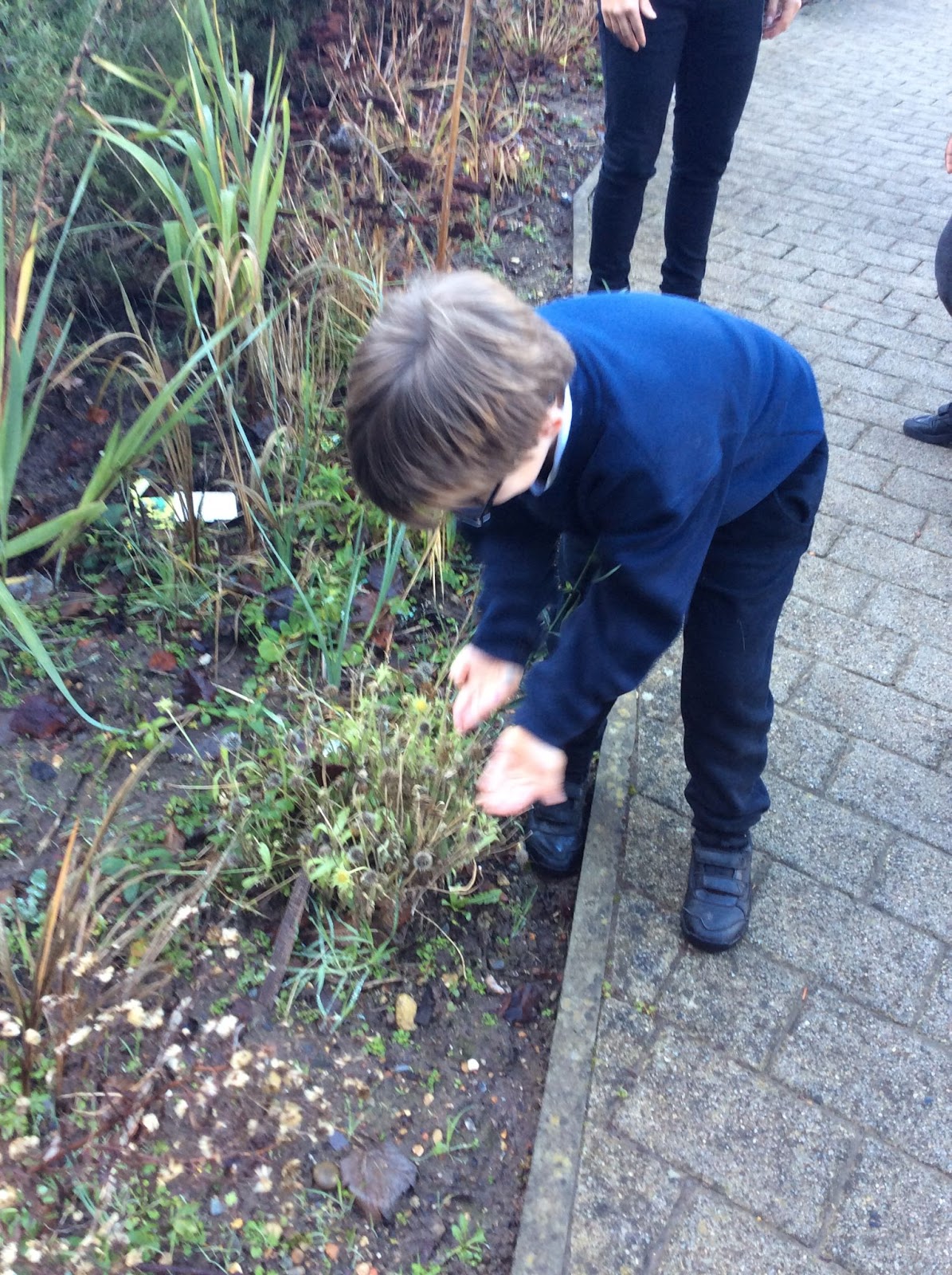
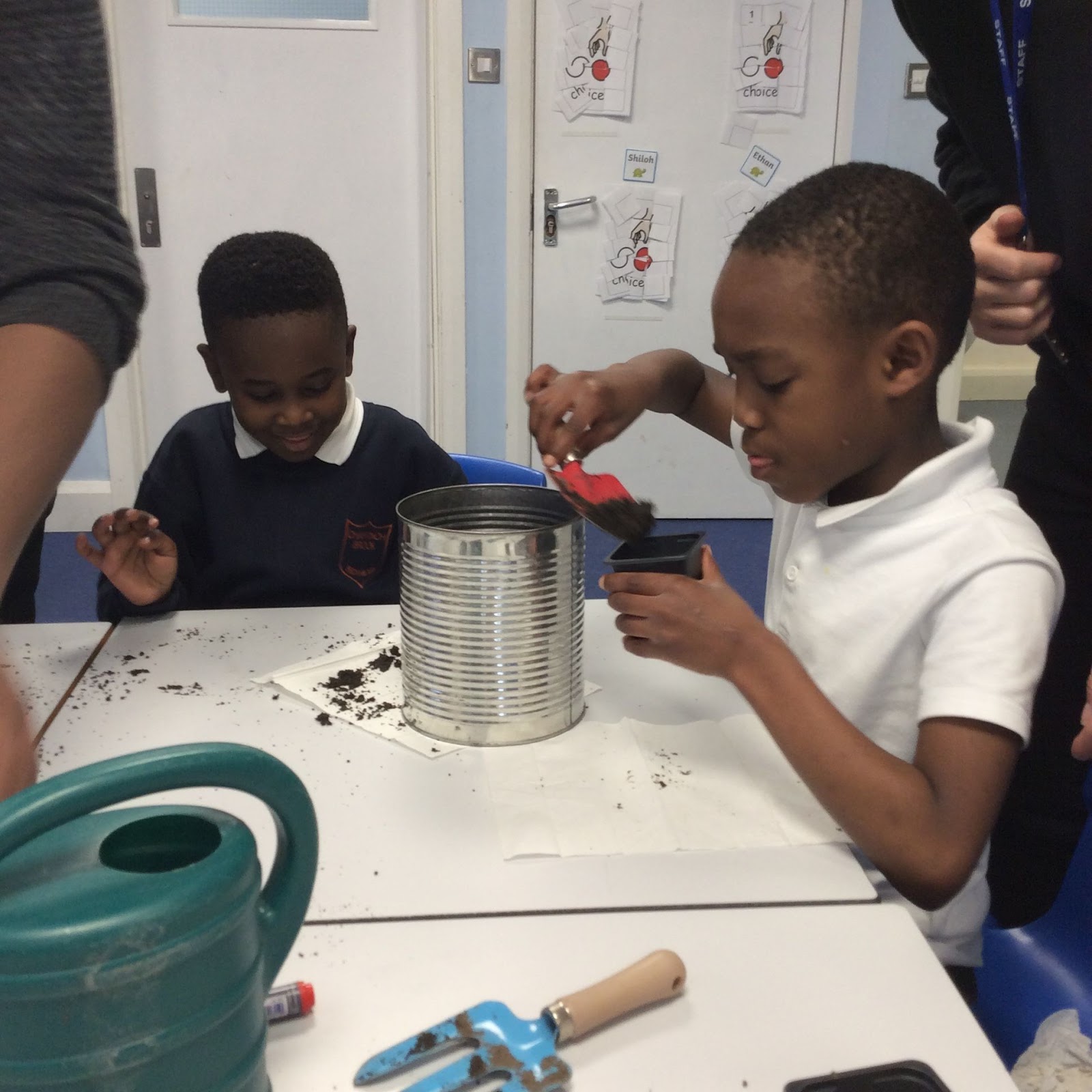
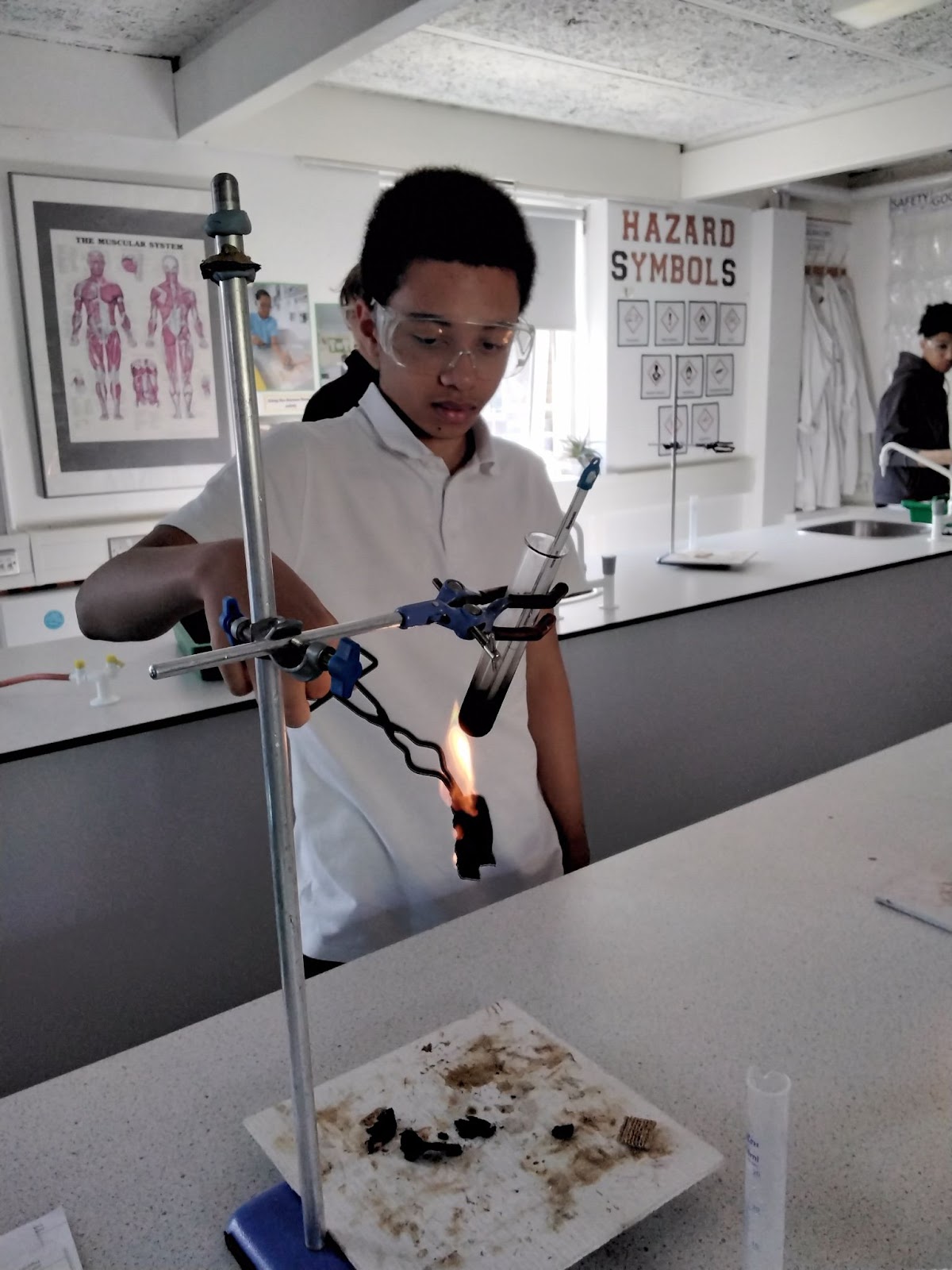
ICT
Intent
At Chaffinch Brook school we have created an ICT curriculum that will instil a curiosity about the technological world around them. We aim to ensure that our children understand the extent of technology, start building computing skills for their future and use technology to support all areas of life. Our pupils are exposed to a range of topics and are able to use these skills to develop into good digital citizens, to know how to use technology safely, respectfully and responsibly. We also want our pupils to be able to identity a range of ways to report concerns about content and contact. We want them to evaluate and apply information technology clearly, accurately and coherently to create, organise, store, manipulate and retrieve digital content. We want to give our children the confidence and knowledge to be able to communicate their ideas. We feel that ICT is a core skill in every day life and runs across all curriculum subjects, so we therefore aim to equip our pupils with all the tools to be successful and develop essential skills. We also aim to develop children’s ability to be safe online and discuss their thinking using appropriate ICT vocabulary.
Implementation
Our ICT curriculum is delivered through several different engaging ways. KS1 and KS2 are following the Purple Mash scheme of work but incorporate other schemes depending on the needs of our pupils. KS3 are following the Teach Computing Curriculum. KS4 are following the City and Guilds Functional Skills ICT curriculum alongside other schemes of work.
Our pupils have access to a Chromebook to support all areas of the curriculum. Teachers follow a clear progression of skills which ensure all pupils are meeting their expectations and are given the opportunity to enhance their prior knowledge. The structure of the lessons contains lots of visual information to support children with autism.
We also include many school enrichment days throughout the year such as ‘Safer Internet Day’, and ‘E Safety Week’ to enthuse and motivate the pupils to foster positive attitudes towards learning about keeping safe when using technology.
All staff are encouraged to raise questions, seek support and request further training in order to ensure everyone is confident in how and what they teach in ICT. Good practice is always shared between staff and CPD is used to inform teaching and learning across the school.
Impact
Above all, Chaffinch Brook’s ICT curriculum ensures our pupils develop a love for the technological world around them. Many of our children make good progress in typing, online research, communication and programming. Our pupils are able to respect and tolerate others’ opinions and views and identity a range of ways to report concerns about content and contact. They gain transferable skills such as critical and logical thinking, problem solving and creativity, which they are able to apply at school, at home and in the future. Most of our pupils go on to complete ICT Functional Skills exams in their secondary school setting. Our pupils will have a secure and comprehensive knowledge of technology and digital systems, which is important in an evolving society. A few of our children excel in ICT and often want to pursue it in their future career.
Useful Links:
Purple Mash - Please ask your class team for login details.
"I really like ICT. I like using the computer and creating things on the laptop. I enjoy being able to learn new things and using my imagination." - Year 6 pupil
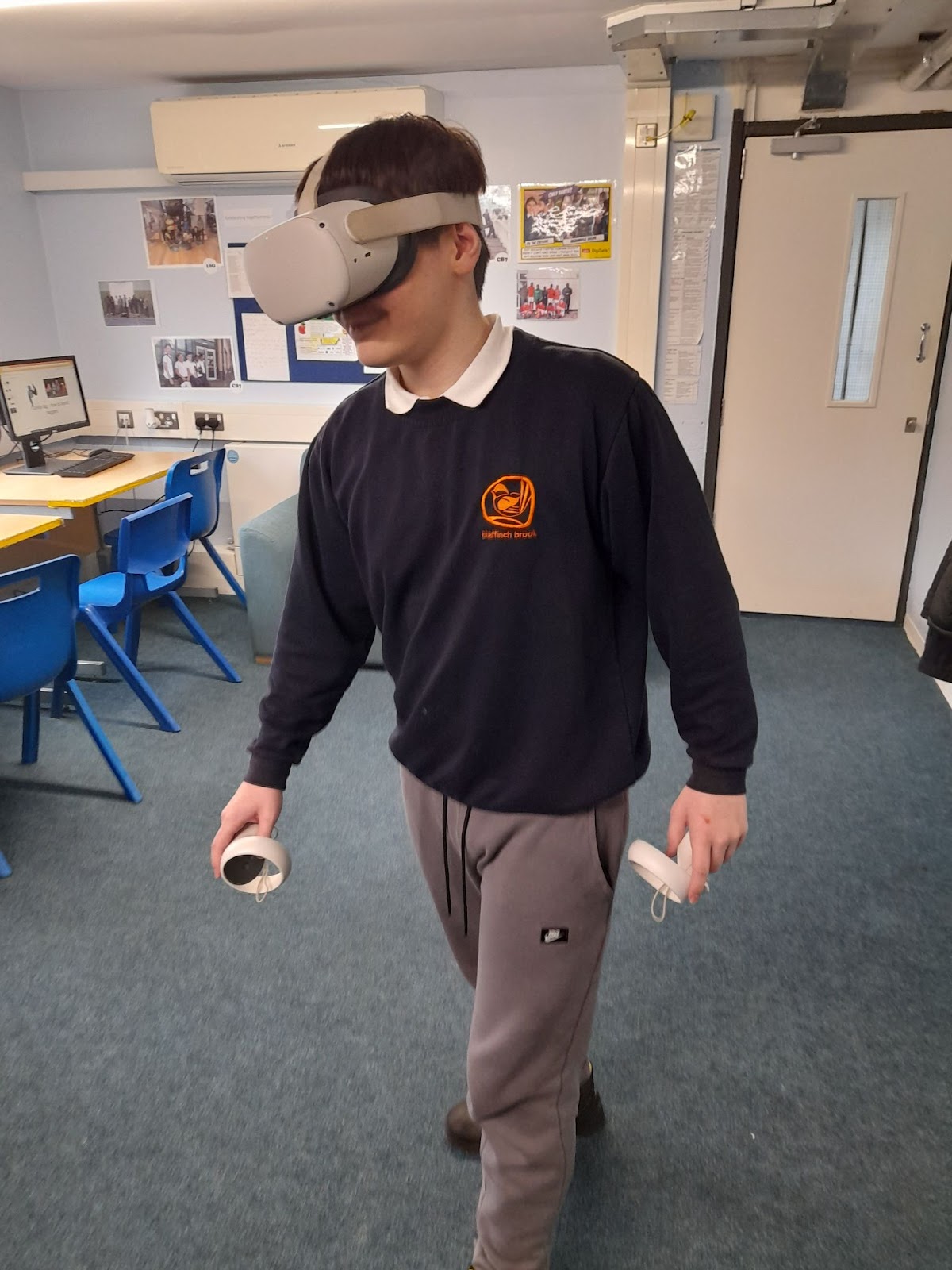
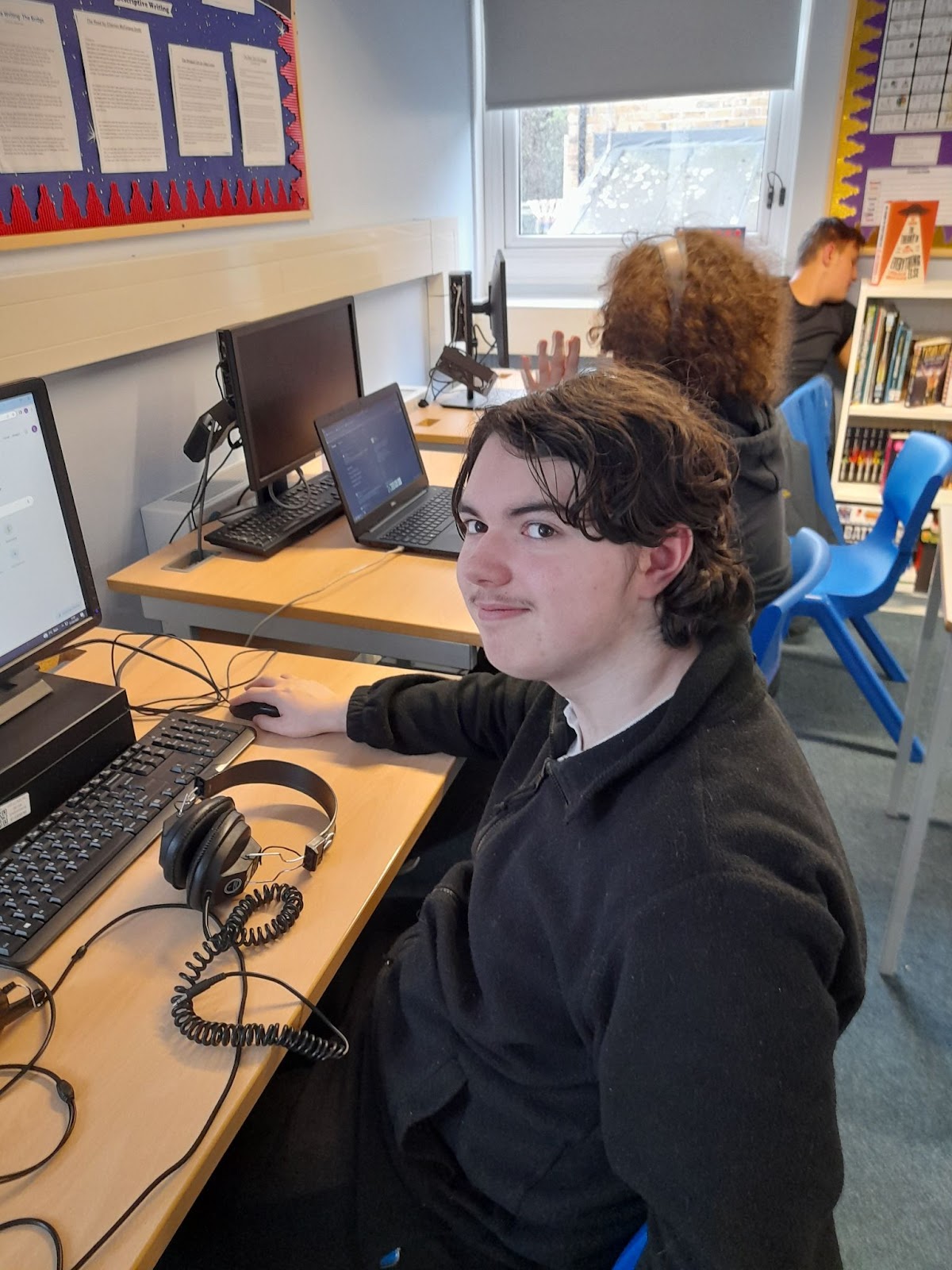
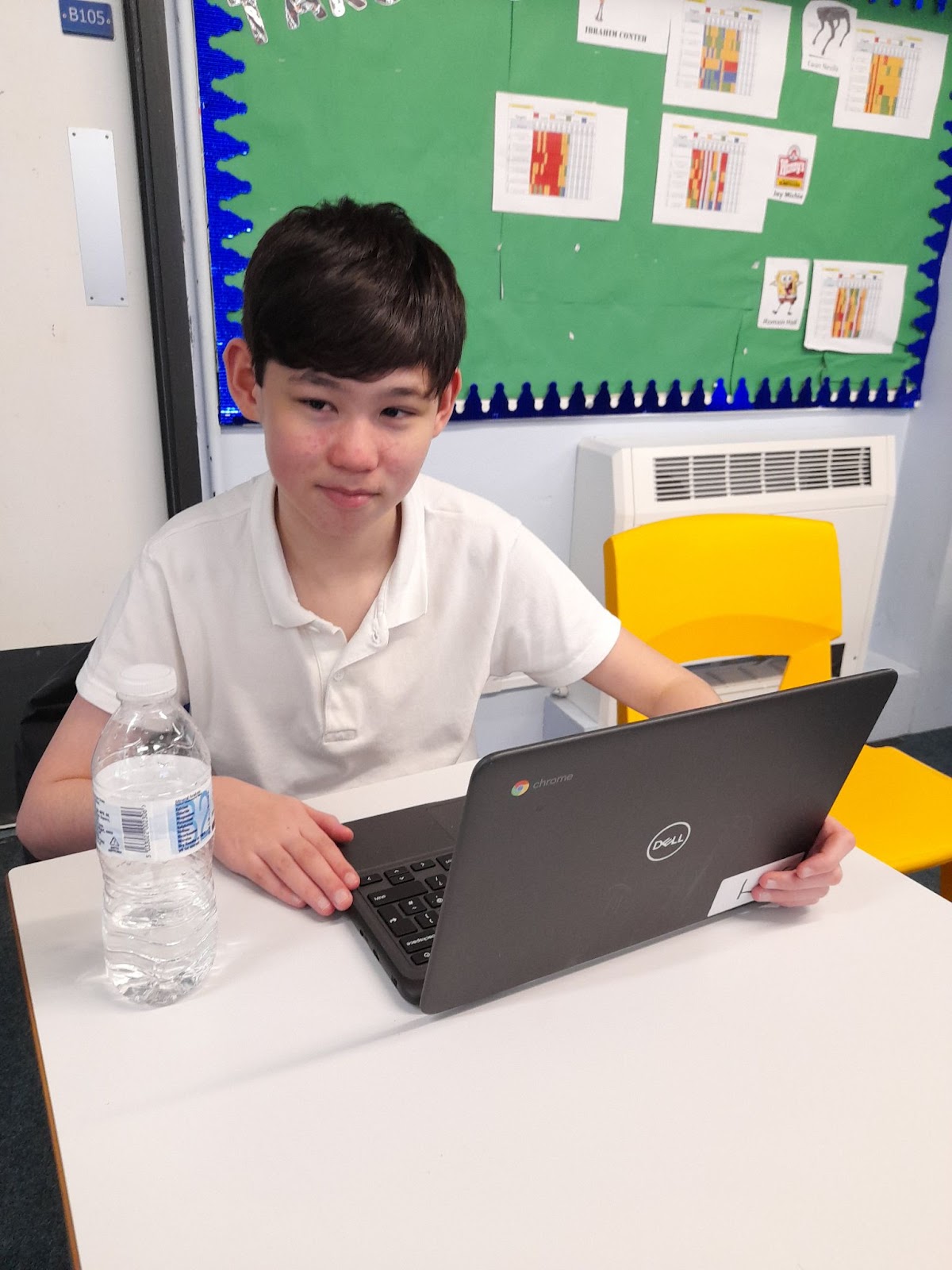
PE
Intent
At Chaffinch Brook we believe that PE is a vital contributor to a pupil’s physical health and mental wellbeing.
We work collaboratively between the Primary and Secondary sites to provide all children with the opportunity to engage safely and fully in PE through a creative and differentiated approach which caters for the individual needs of our pupils.
Our PE programme has been designed to develop our children’s physical confidence and abilities so they can progress at levels appropriate to them.
We aim to have a strong emphasis on physical activity rather than sport as we deem this is where lifelong positive attitudes to keeping fit and healthy will develop; we hope all children leave us with the knowledge and willingness to take part in physical activity into their adulthood.
We hope that by the time our children finish KS2 and move up to KS3 they have the basic skills to progress onto a more sport-based PE curriculum where they will be given the opportunity to achieve an Entry Level qualification by the time they leave us.
We will be providing all our children with access to differentiated PE lessons where our objectives in teaching align with the National Curriculum. We aim to ensure all pupils:
- Will develop experiences in a broad range of physical activities
- Are physically active for sustained periods of time
- Have the opportunity to engage in competitive sports and activities
- Understand, lead and promote healthy, active lives
- Build self-esteem, confidence and resilience
Implementation
PE lessons at Chaffinch Brook encourage the social, emotional and thinking skills needed to live independent lives with a strong emphasis on children firstly competing against themselves before others as we want them to be able to accept both winning and losing positively.
Children will have at least 2 hours of PE per week. The curriculum will follow the National Curriculum and will be complemented with offsite activities and ample opportunity for the development of social skills. During nurture times, the children will often choose to go outside, do yoga or dance to different songs further developing their physical health and wellbeing.
There will be consistency in the structure of lessons to support our children’s needs including an introduction with learning objectives, a warm up, skill development activity, a game implementing the skill developed and a plenary including a self-evaluation. All lessons will be inclusive and activities will be differentiated.
Lessons in KS1 will focus on mastering basic movements such as:
- jumping, throwing, running and catching;
- develop balance, agility and coordination
In KS2 they will progress to develop flexibility, strength, technique, control and balance through athletics and gymnastics.
Swimming and trampolining will also be offered to all year groups across the academic year.
In KS3 pupils will take part in offsite activities such as sailing, swimming, BMXing and wall-climbing. These outings will be linked to their social skills curriculum giving them a platform to apply and consolidate these skills.
There will also be an opportunity to represent the school in local school football tournaments.
In KS4 pupils taking the OCR Entry Level P.E qualification will lead sporting activities which they will be assessed on. They will also work collaboratively to lead the Primary and KS3 Sports Day.
Impact
Our pupils’ at Chaffinch Brook have fantastic knowledge of what a healthy and active lifestyle look like. They are able to work as part of a team and show good sportsmanship.
The pupils’ are physically active and understand the impact this haves on their wellbeing and physical health through strong links with PSHE.
Through our PE curriculum offer some of our children are able to complete an OCR PE qualification. They develop their leadership skills and are able to help run fun, motivating events such as Sports Day.
We hope our students that leave Chaffinch Brook in Year 11, go on to have a happy and healthy lifestyle and are able to apply the skills they have learnt through PE to support this.
Useful Links:
"PE is a fun learning experience, a friendly environment and helps with our social skills."
Oliver - Year 6
"PE is fun, we learn different skills and new sports that we haven't done before; trampolining is very fun!"
Ethan - Year 5
PSHE
Intent
At Chaffinch Brook, we have developed a comprehensive and inclusive curriculum that specifically caters to the needs of pupils with autism from Key Stages 1 to 4. Our curriculum aims to empower students with the knowledge, skills, and understanding necessary to make informed decisions, develop positive relationships, and lead healthy and fulfilling lives. We recognise the unique challenges faced by our pupils and are committed to providing a supportive, inclusive and nurturing learning environment that celebrates individual differences and promotes the well-being and personal growth of each student.
Implementation
Our approach to PSHE and RSE specifically considers the vulnerabilities of our pupils with autism and teaching of these essential skills is not limited to PSHE or RSE lessons. Learning opportunities arise throughout the school day and at Chaffinch Brook, every opportunity is a learning opportunity. We aim to create a safe, inclusive, and empowering learning environment with opportunities to practise and develop vital PSHE skills throughout the school day. All classes take part in structured nurture times which prioritise addressing the unique challenges our children face. We provide lots of opportunities for practicing social skills through structured play, peer interactions, and group activities, fostering social competence and confidence.
To enhance the teaching and learning in PSHE and RSE we seek guidance from experts, such as ‘Street Doctors’, therapists, and specialists to develop tailored strategies and resources that align with the specific needs of pupils and their learning styles. We Incorporate therapy-based strategies and techniques into the curriculum to support communication, social skills development, and emotional regulation.
By working closely with parents and carers we are able to gain a deeper understanding of their child's vulnerabilities and tailor support accordingly. We also share resources, strategies, and progress updates with parents, providing them with the tools and knowledge to support their child's social, emotional, and personal development outside of school.
In KS1/2 social skills and attention and listening skills are explicitly taught through circle time to equip students with social skills necessary for building and maintaining positive relationships, including effective communication, empathy, and understanding non-verbal cues. From KS3, social skills progress to focus more on the explicit teaching on friendship, teamwork, conflict resolution, and respectful behaviour, addressing the unique social challenges faced by our pupils as they enter puberty and beyond.
Offsite activities play a crucial role in our PSHE and RSE curriculum. They offer unique opportunities for experiential learning, practical application of skills, and real-life engagement that cannot always be replicated or generalised within the context of the classroom.
Impact
Over time, our implementation of our PSHE and RSE curriculum results in significant positive impacts on our pupils' social, emotional, and personal development.
Enhanced Self-Awareness and Self-Advocacy:
- Pupils develop a deeper understanding of their own strengths, challenges, and needs.
- They become more confident in expressing their thoughts, emotions, and preferences.
- They actively advocate for themselves, seeking support and accommodations when necessary resulting in reduced anxiety.
Improved Social Skills and Relationships:
- Pupils develop essential social skills, such as communication, empathy, and cooperation.
- They demonstrate an increased ability to navigate social situations and establish positive relationships with peers.
- Pupils engage in meaningful interactions, demonstrating respect and understanding of neurodiversity.
Strengthened Personal Safety Awareness:
- Pupils gain knowledge and skills to recognise and respond to unsafe situations.
- They exhibit improved understanding of personal boundaries, both offline and online.
- Pupils demonstrate increased self-protective behaviours and make informed decisions to ensure their own safety.
Increased Knowledge and Understanding of Relationships and Sex Education:
- Pupils acquire age-appropriate knowledge about relationships, consent, and personal boundaries.
- They demonstrate a better understanding of emotions, healthy friendships, and respectful behaviours.
- Pupils exhibit an increased ability to make informed decisions and establish positive relationships.
Positive Well-being and Resilience:
- Pupils have shown improved emotional regulation and coping strategies, resulting in feeling safer and happier.
- They exhibit increased resilience in the face of challenges and setbacks.
- Pupils demonstrate a positive mindset, taking ownership of their actions and demonstrating perseverance.
Strengthened Collaboration with Parents and Guardians:
- Collaborative partnerships with parents and guardians have resulted in consistent support and reinforcement of skills and knowledge.
- Parents report improved communication with their child, leading to a better understanding of their needs and providing effective support at home.
- Parents express increased confidence in addressing sensitive topics and fostering their child's social and emotional well-being.
We remain dedicated to continuously evaluating and refining our practices to ensure the sustained growth and development of our pupils.
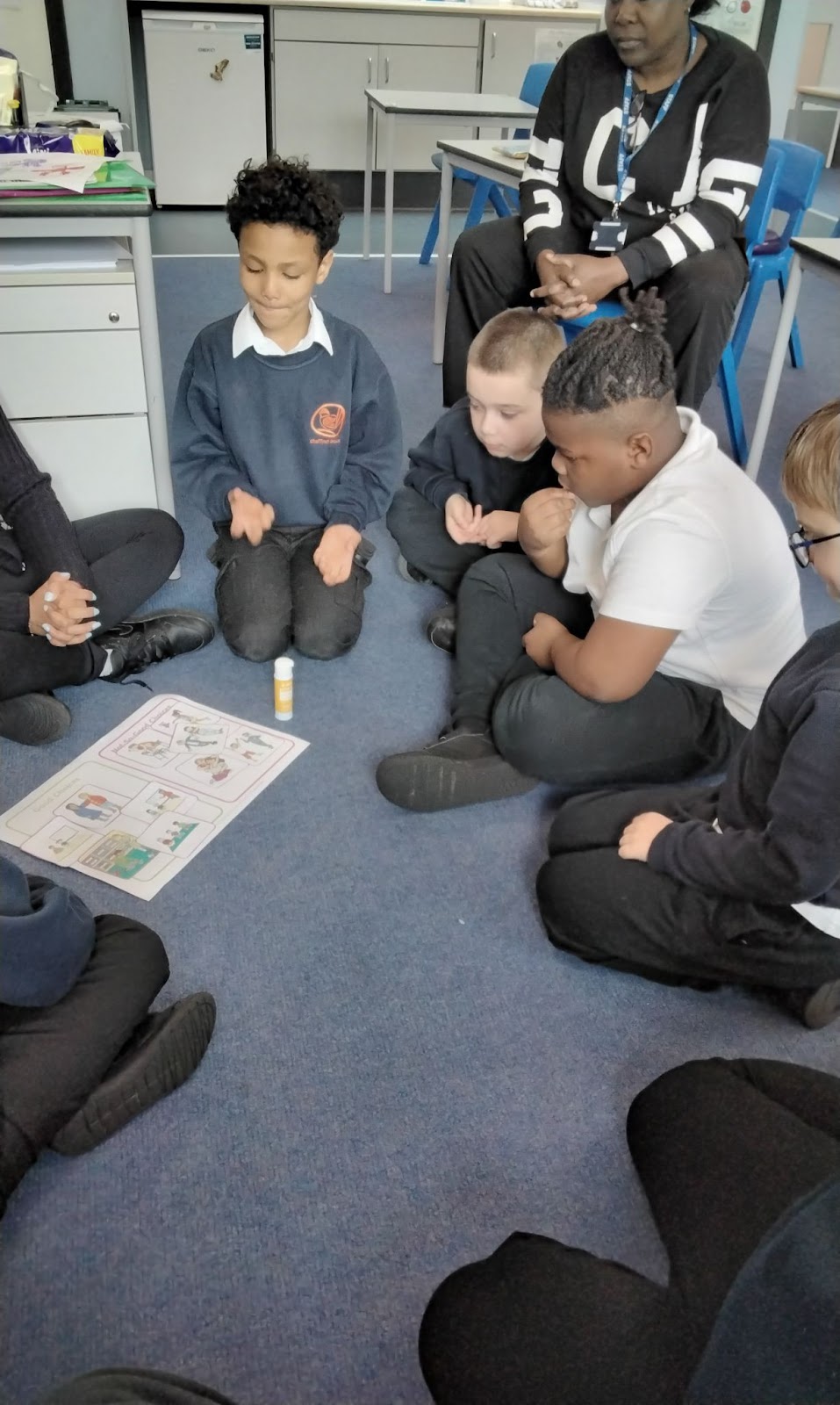
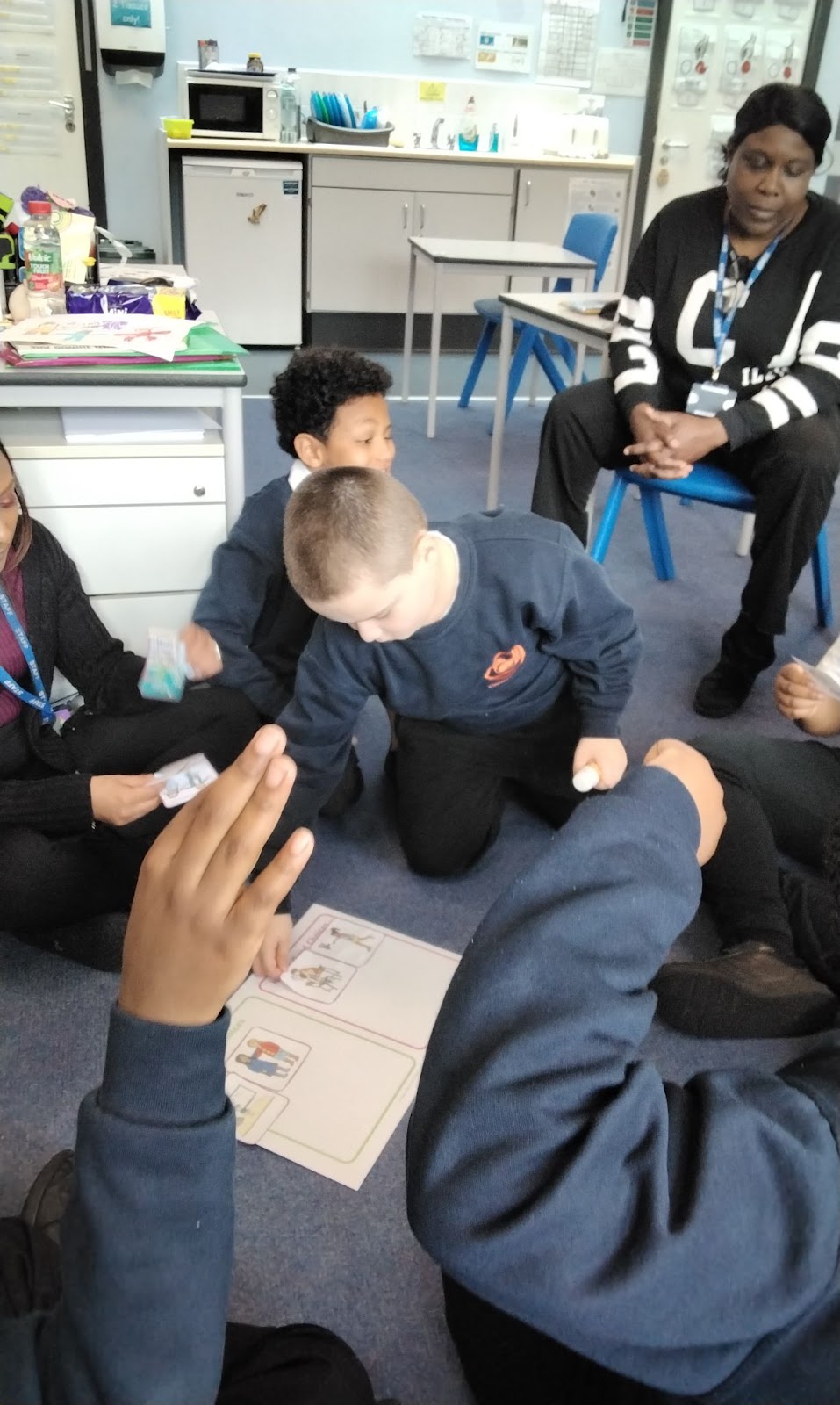
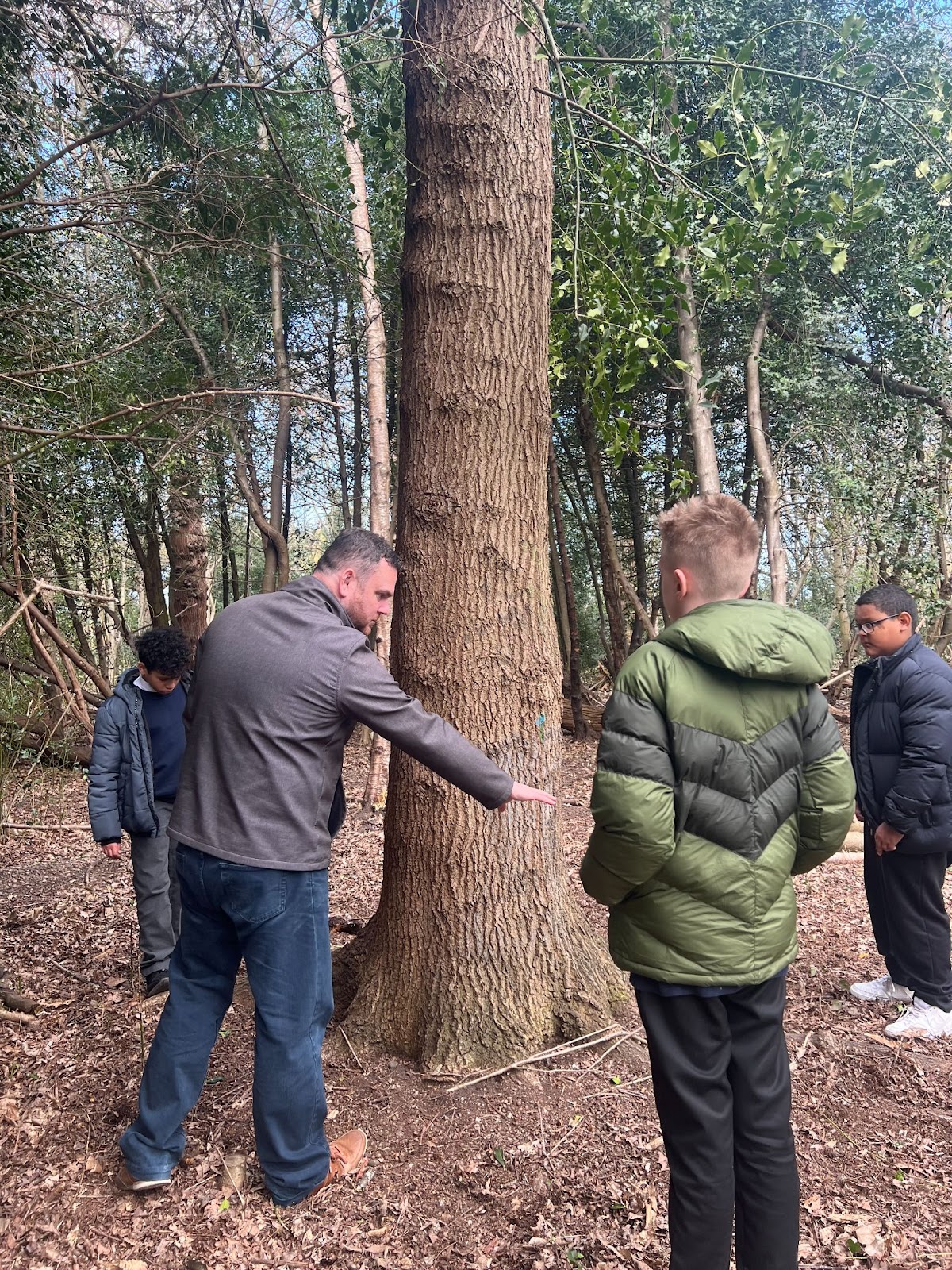
History
Information coming soon.
Geography
Intent
Our geography curriculum is designed to provide pupils with a deep understanding of the world around them, develop their geographical skills and enhance their environmental awareness. We aim to inspire curiosity, engage pupils in practical and stimulating learning experiences and help them to make sense of the world through exploration and investigation. Our use of high-quality texts alongside our teaching enables pupils to develop language and literacy skills, make connections between different areas of the curriculum and deepen their understanding of geographical concepts.
Implementation
Our implementation of the geography curriculum for pupils with autism is designed to create a fun and engaging learning experience that is relevant to their interests and needs. The themes are explored through hands-on experiments, art and design projects, group discussions, role-playing and drama, and offsite visits. These interactive and multi-sensory approaches enhance engagement, promote exploration, and provide a platform for practical application of geographical concepts, making the learning meaningful for our pupils. Through high-quality texts and visual aids, we bring geography to life, making it more relatable and accessible. Storytelling serves as a powerful tool to foster language development, critical thinking, and empathy for our students.
Impact
Through our geography curriculum, we aim to empower pupils with autism to develop a profound appreciation for geography, foster a sense of connection to their environment, and acquire the skills necessary for their personal and academic growth. The impact of our curriculum extends beyond geographical knowledge, positively influencing their overall development and readiness to become active, informed, and engaged global citizens.
Enrichment
Alongside our curriculum offer, the children also take part in a range of enrichment activities. These activities support the teaching of a range of social skills such as attention and listening, following instructions, adapting to change and life skills. They allow the children to apply the skills they learn in the classroom to another environment.
Horse Riding
Some of the children at Chaffinch Brook Lower attend horse riding activities at the Diamond Centre. They learn to be calm and careful around the horses and many of them go on to ride the horses which encourages their confidence.
"All our participants gain something out of their sessions whether it’s physical, sensory, educational or communicative benefits and, of course, it puts a smile on everyone’s faces!" - The Diamond Centre, Carshalton.
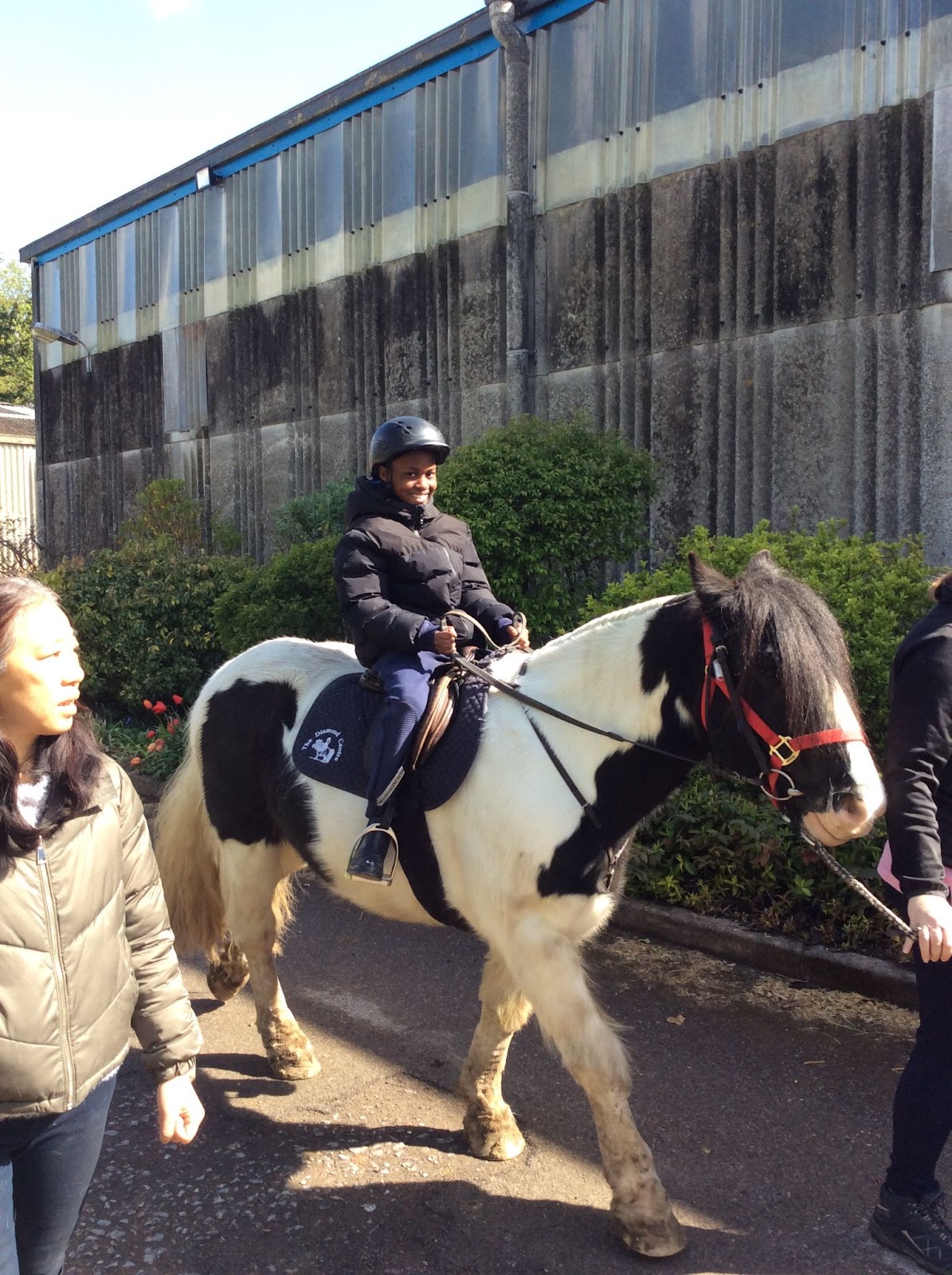
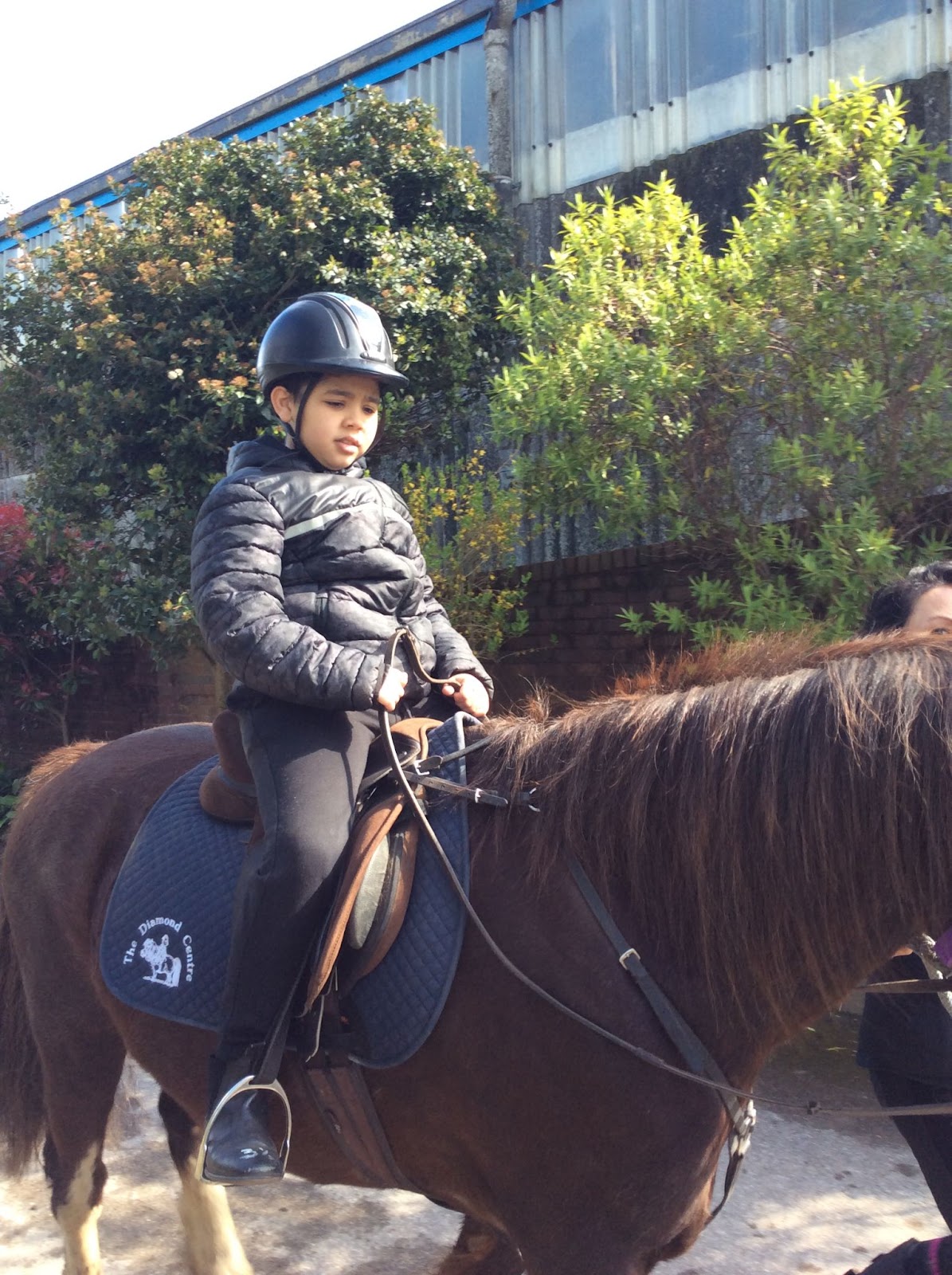
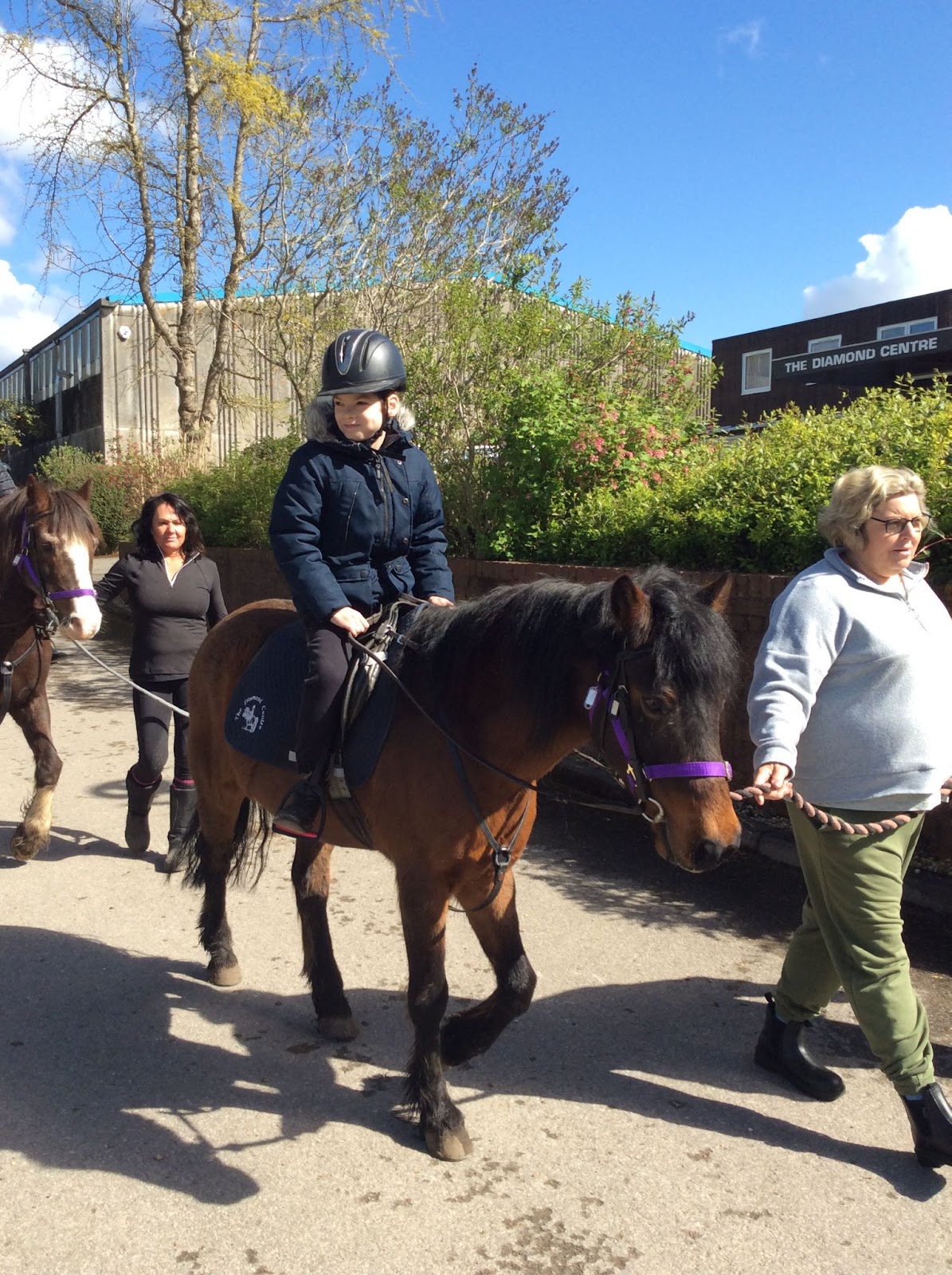
Sailing
In the Summer term our Year 7 pupils are lucky enough to go sailing at Surrey Quays. They really enjoy being out on the water and learning new skills. The children learn lots about being safe in the water and are given the responsibility of sailing the boat.
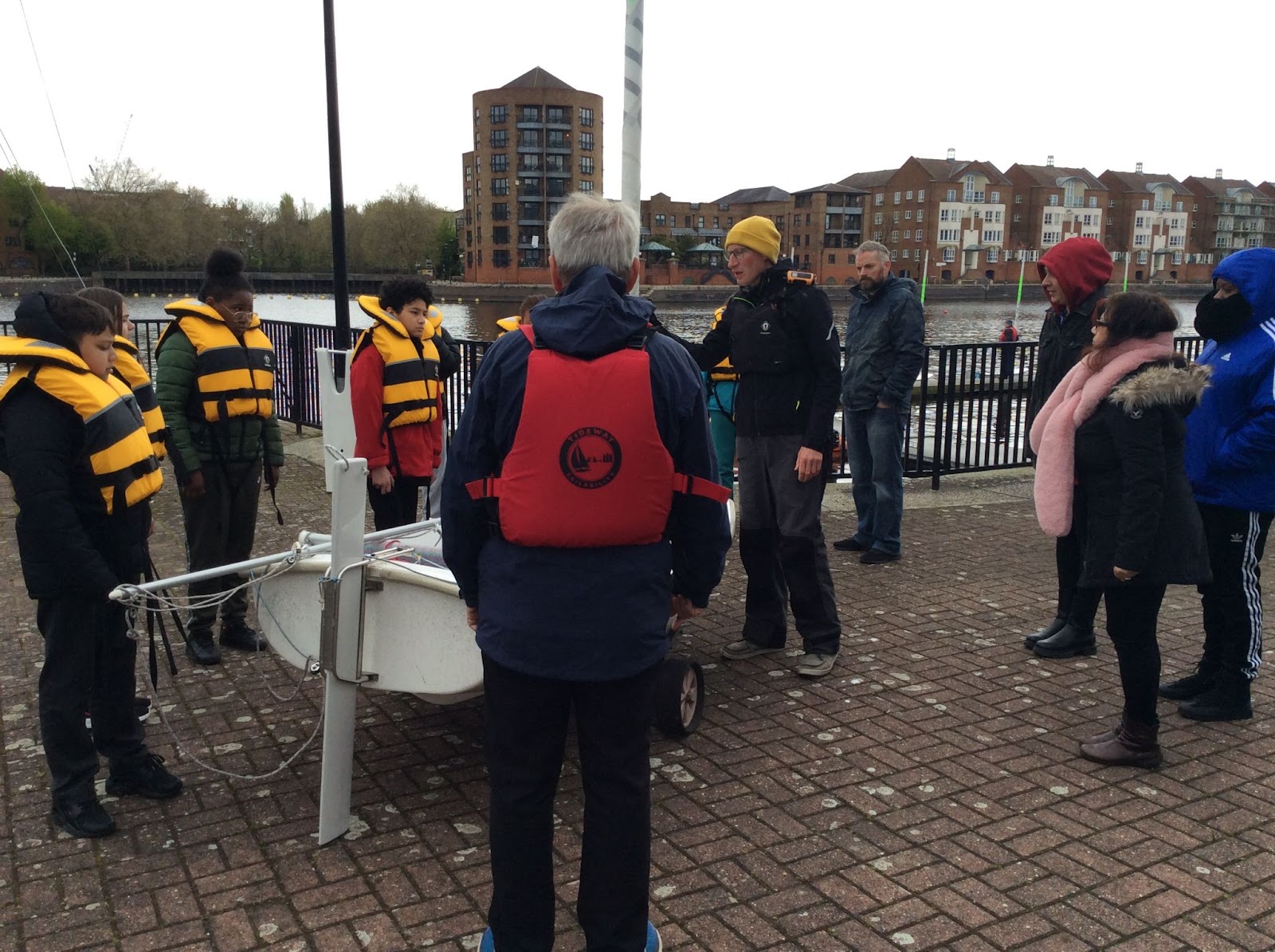
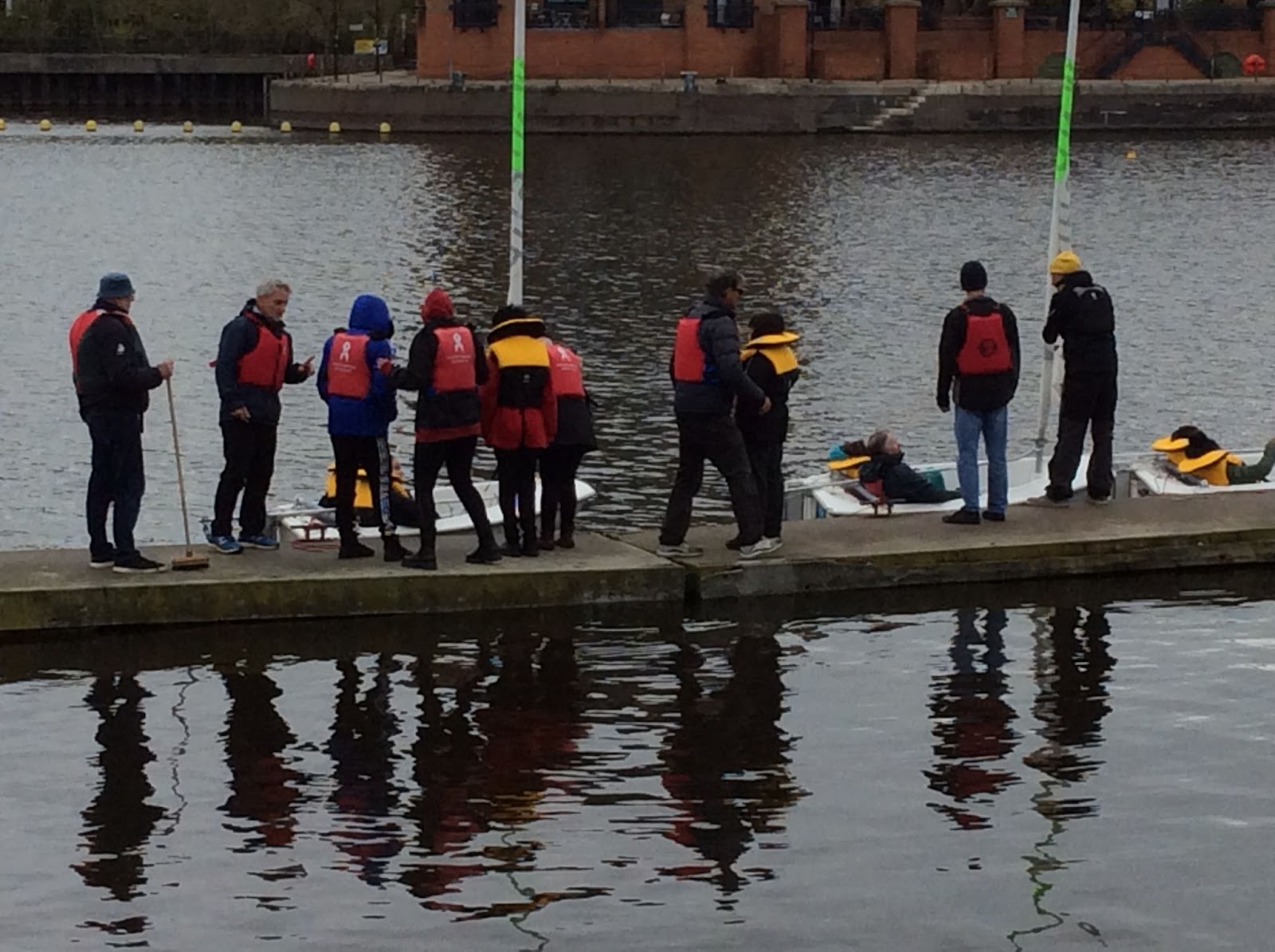
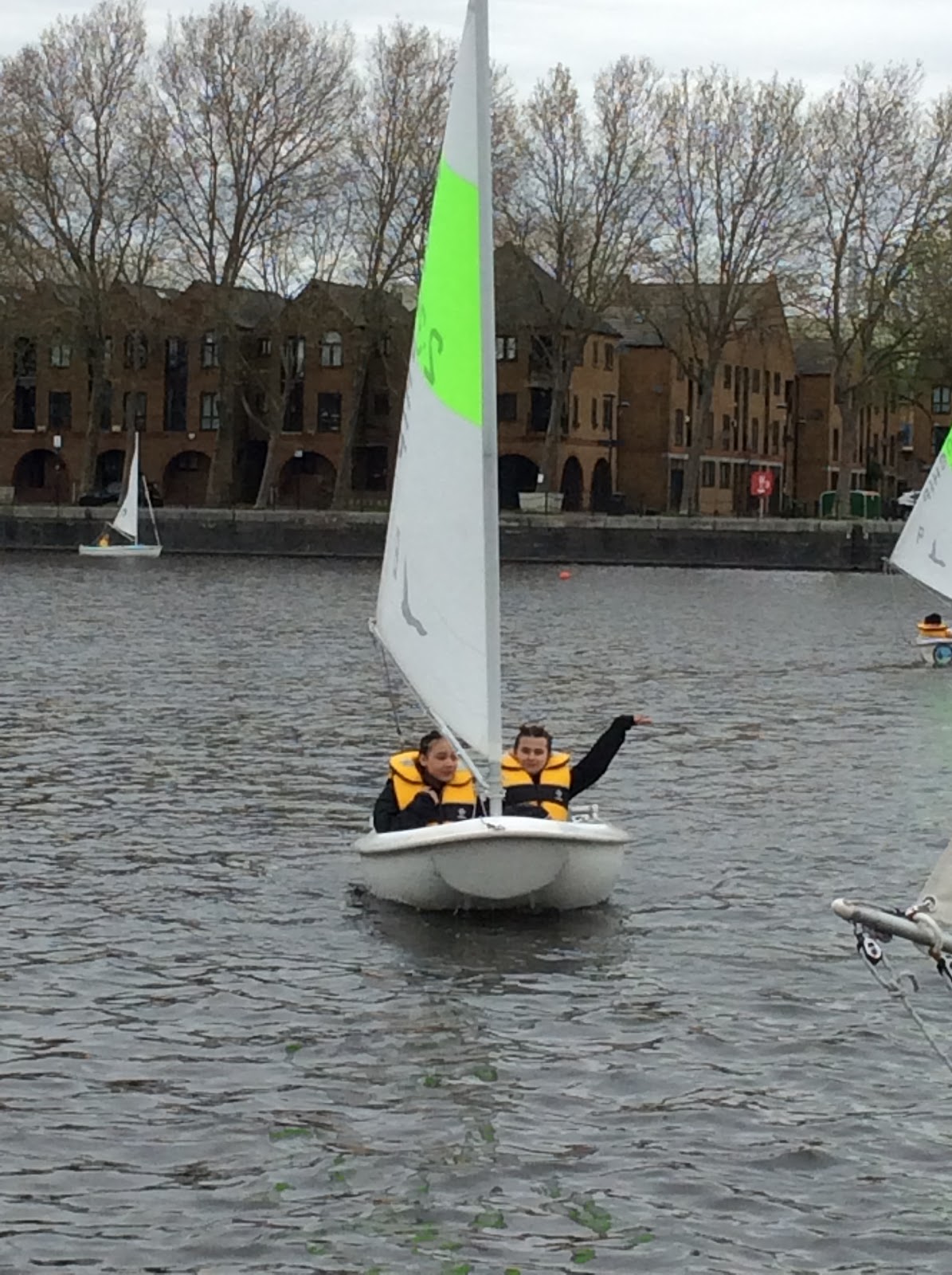
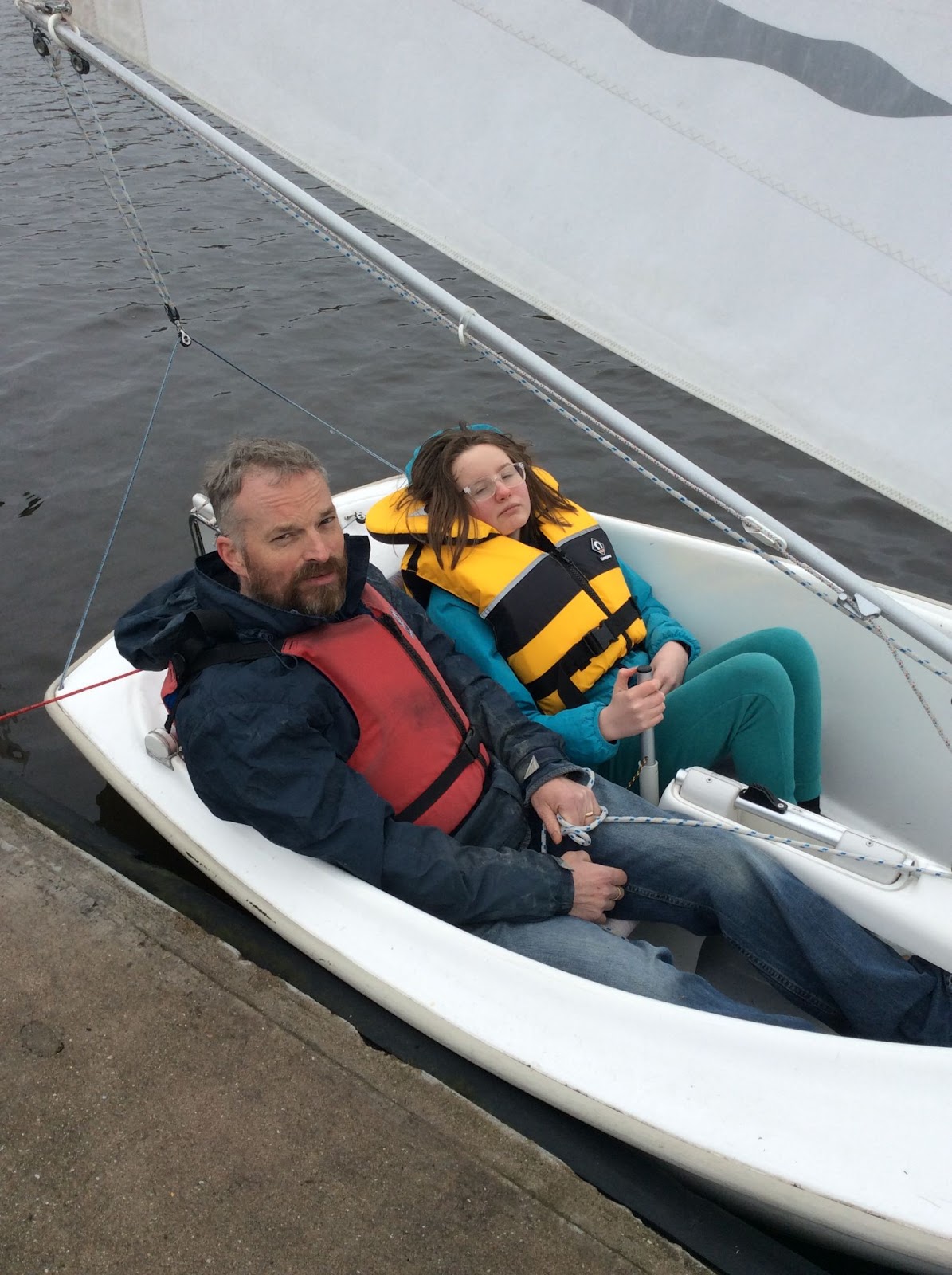
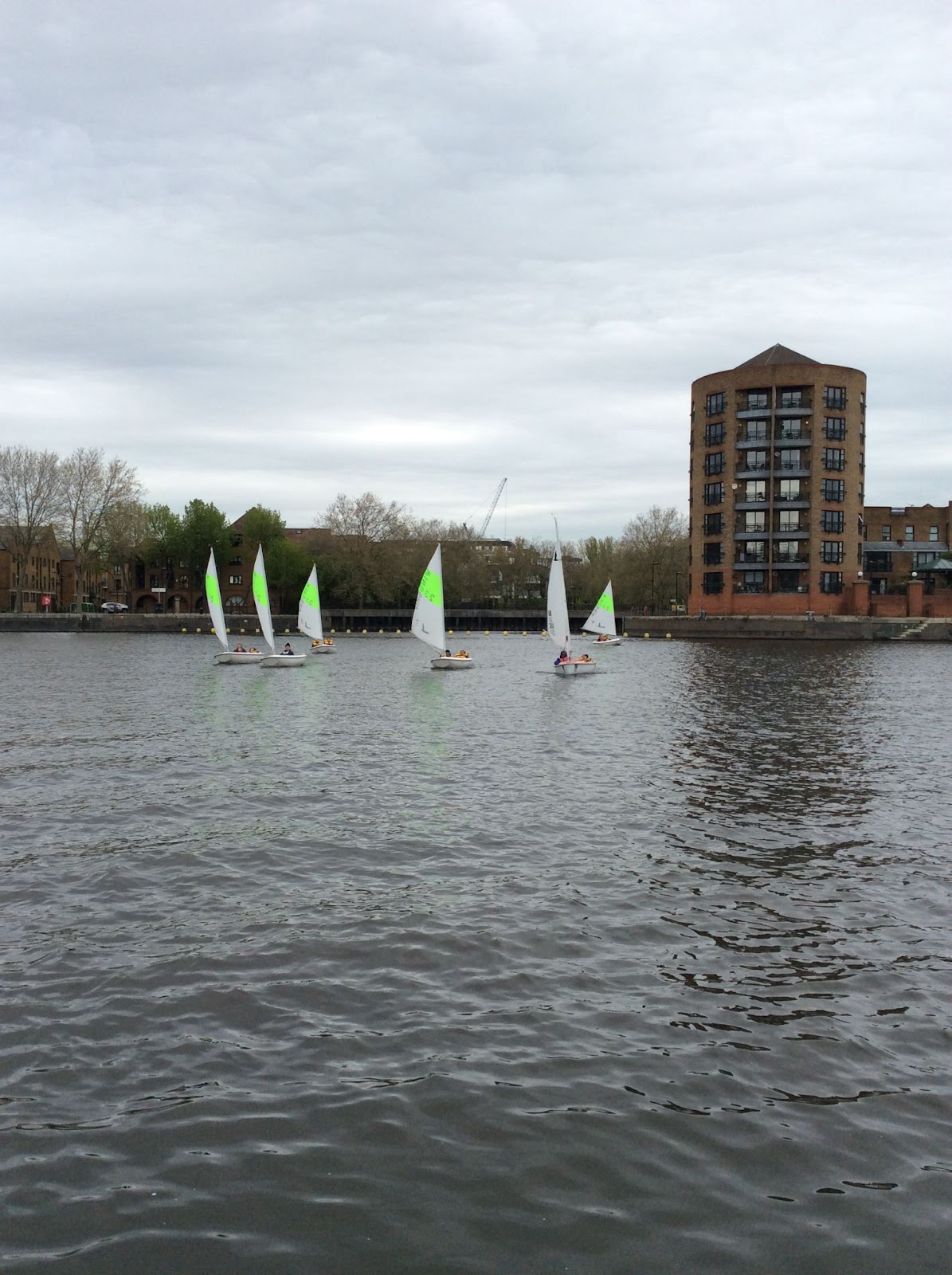
Forest Skills
Classes across all key stages take part in Forest Skills lessons at Frylands Woods. They work on skills such as fire making and team building, as well as taking part in cross curricular activities including finding different habitats and painting with a range of natural materials. Many of the pupils also enjoy the opportunity of taking part in the assault course which is located in the woods.
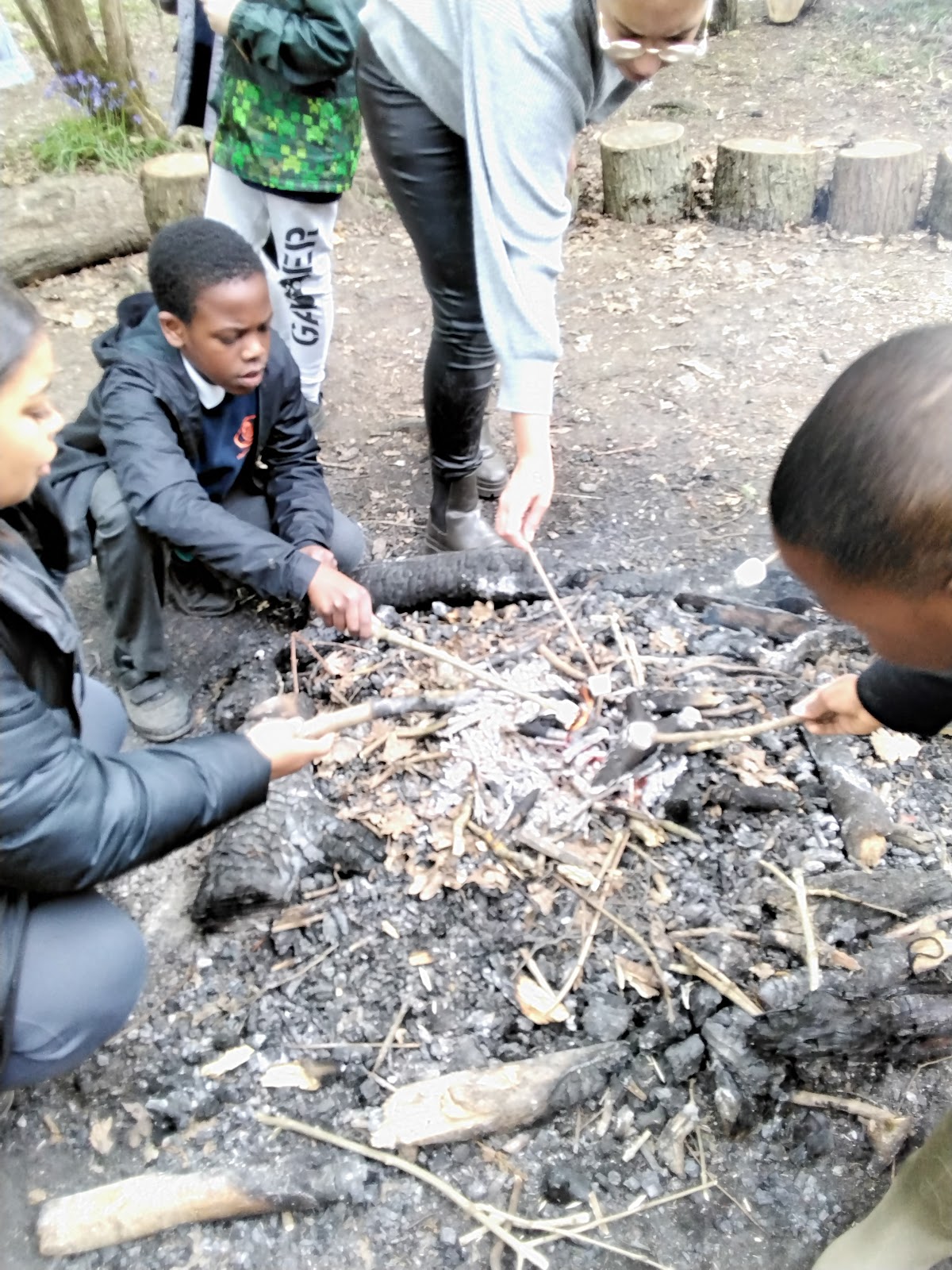
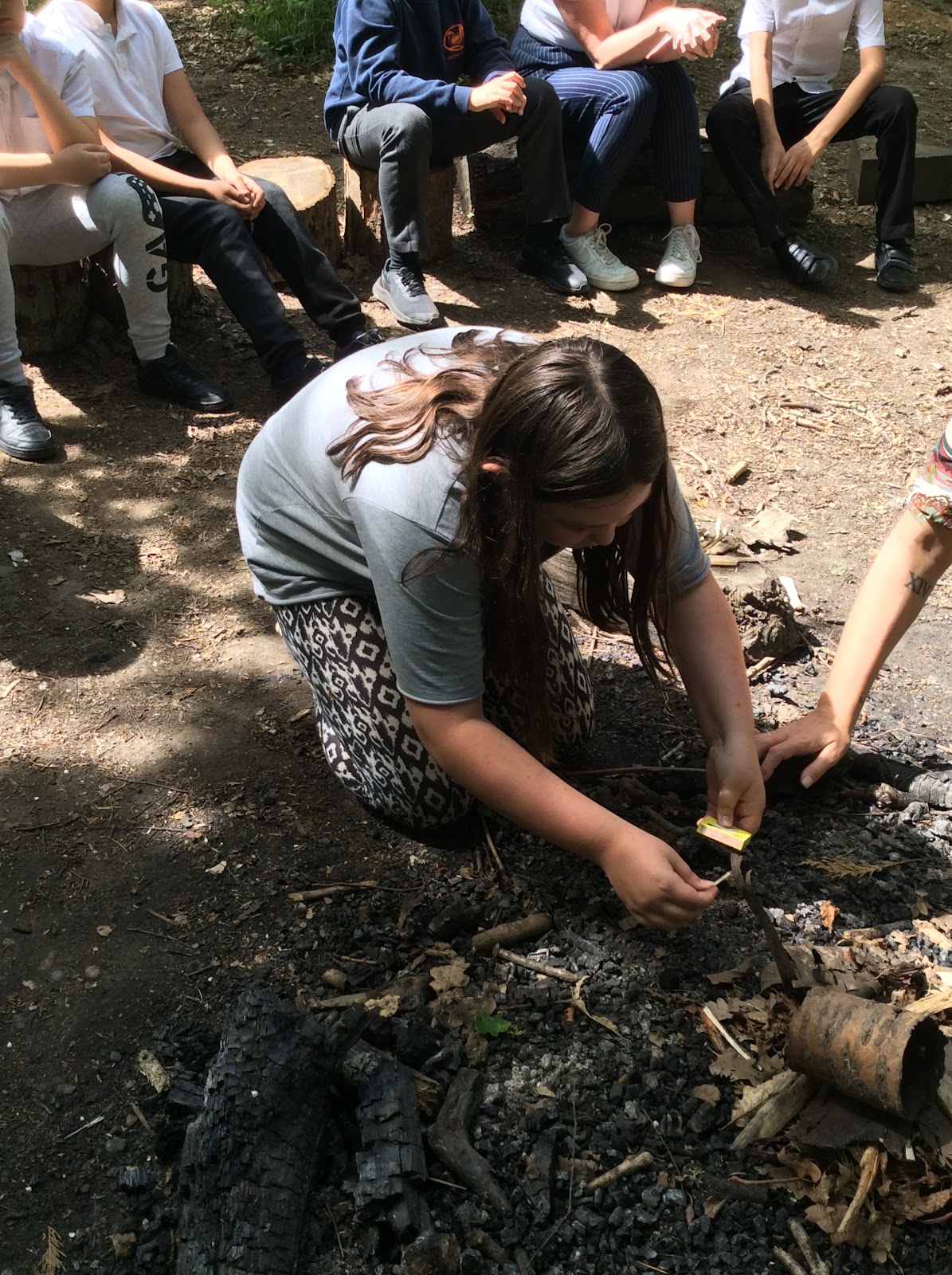
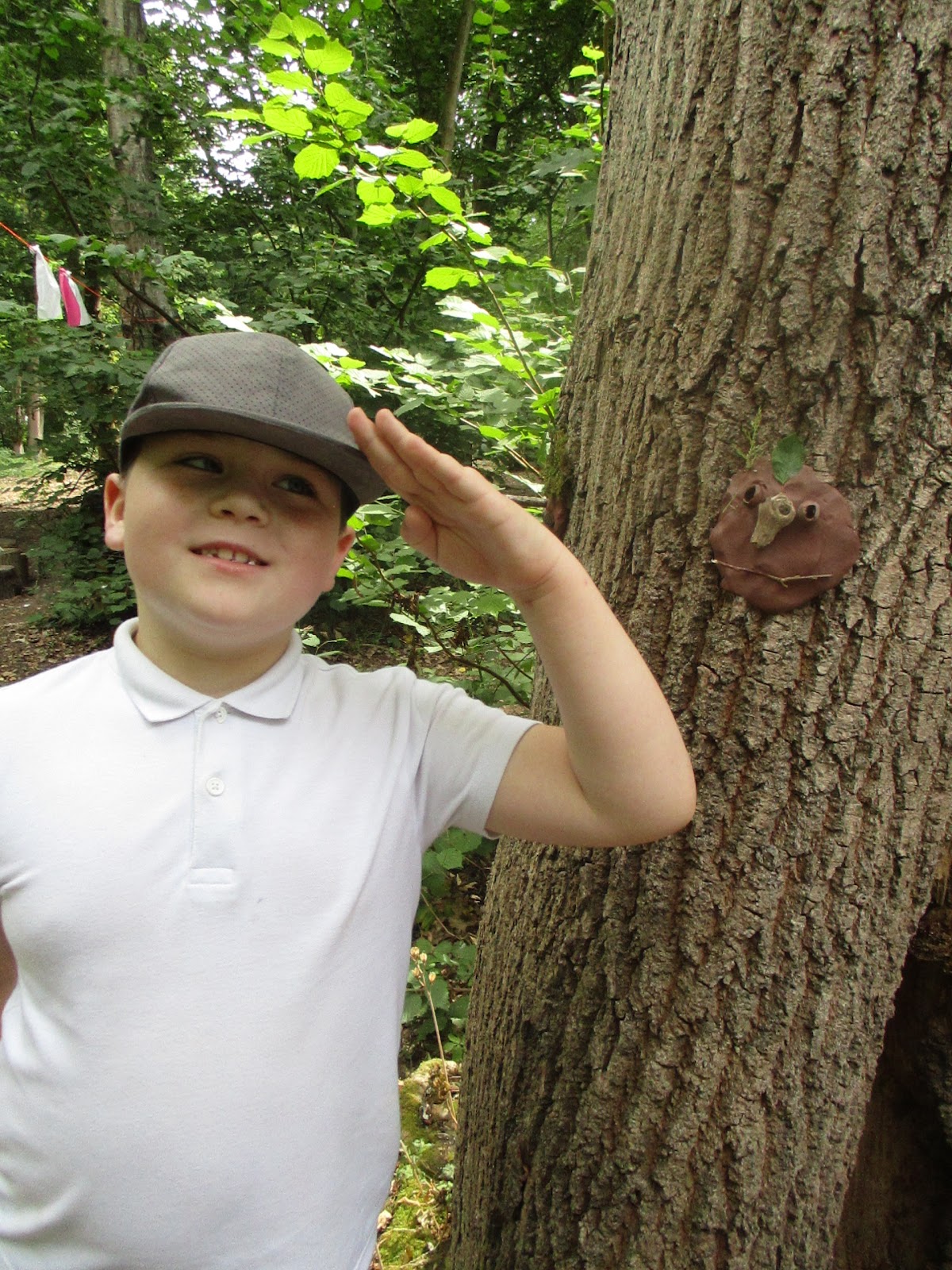
Art
Information coming soon.
Careers Programme
Click the button below to download our Careers Programme.
If you require any further information regarding our careers programme and strategy, please contact, Mwamba Nkole (careers Lead) Tel: 0208 777 9311 Email: mnkole1@beckmeadtrust.org


